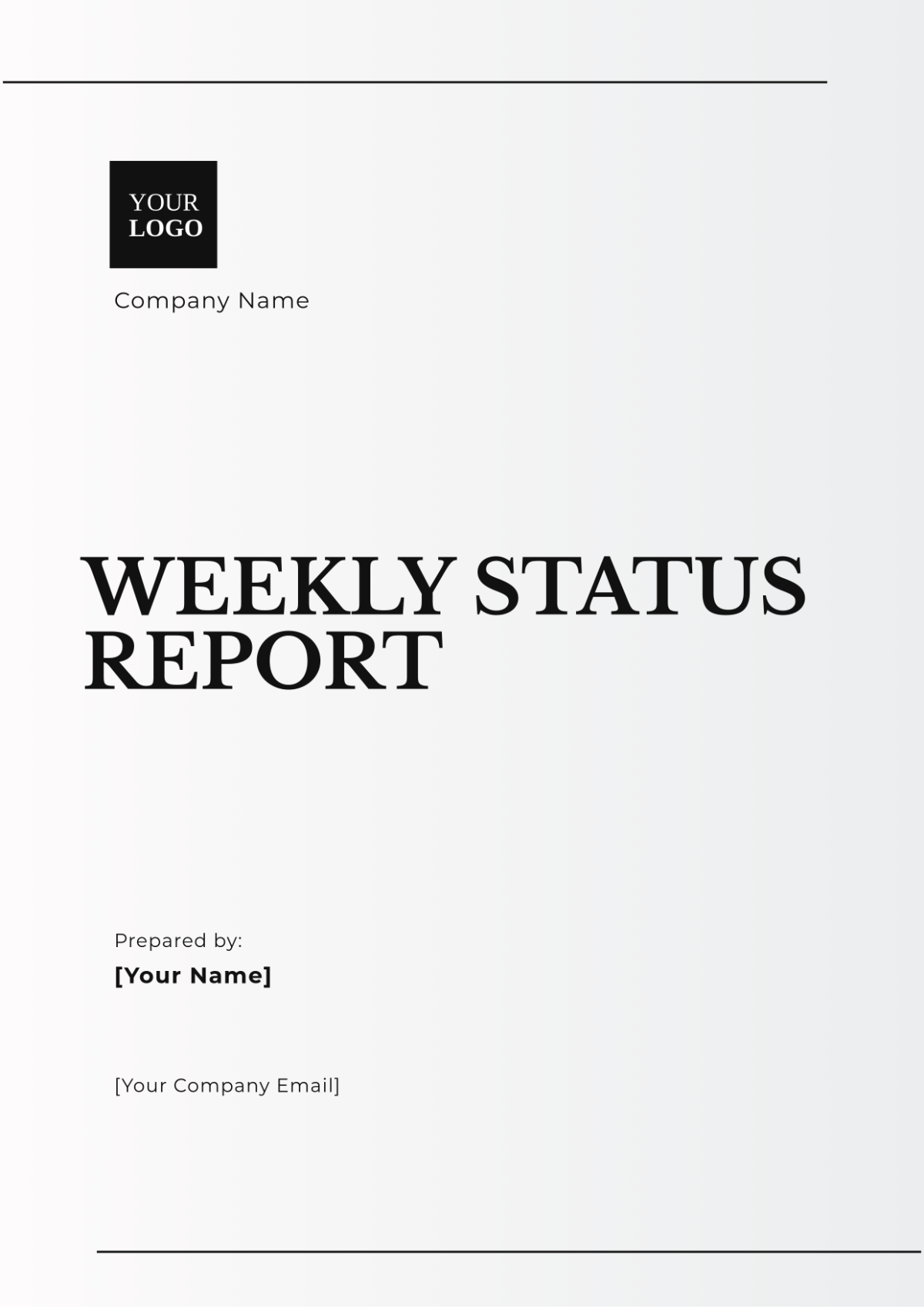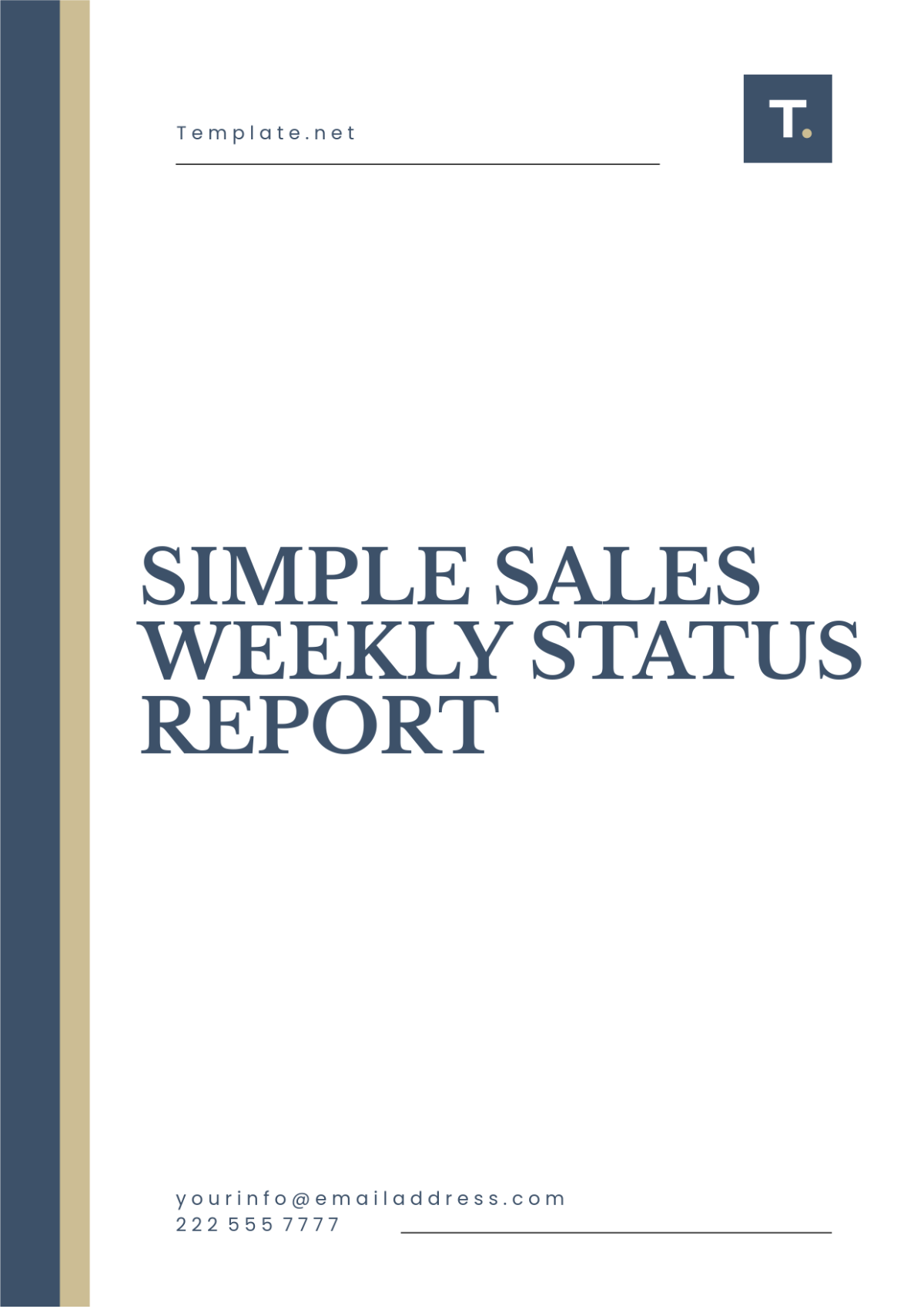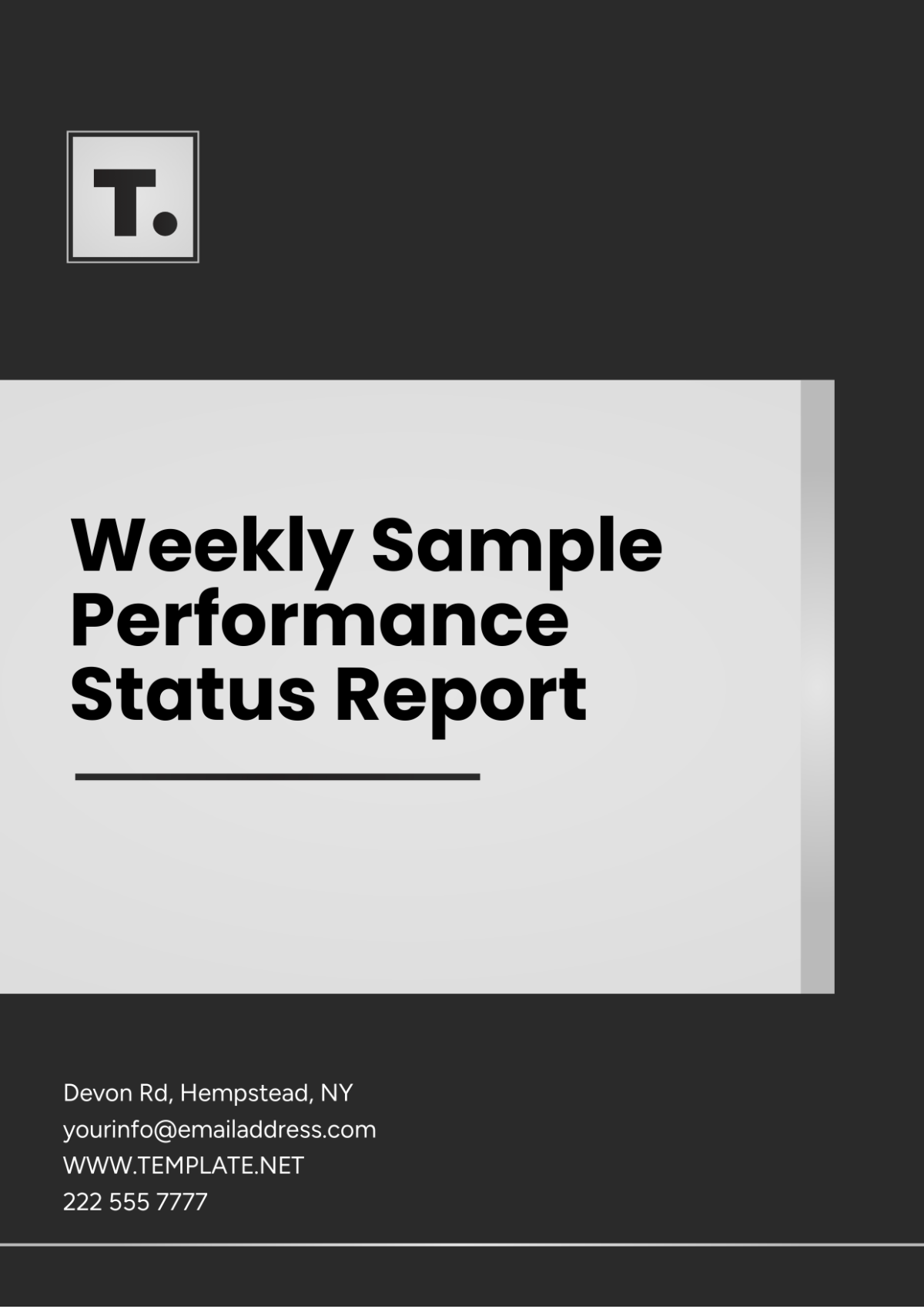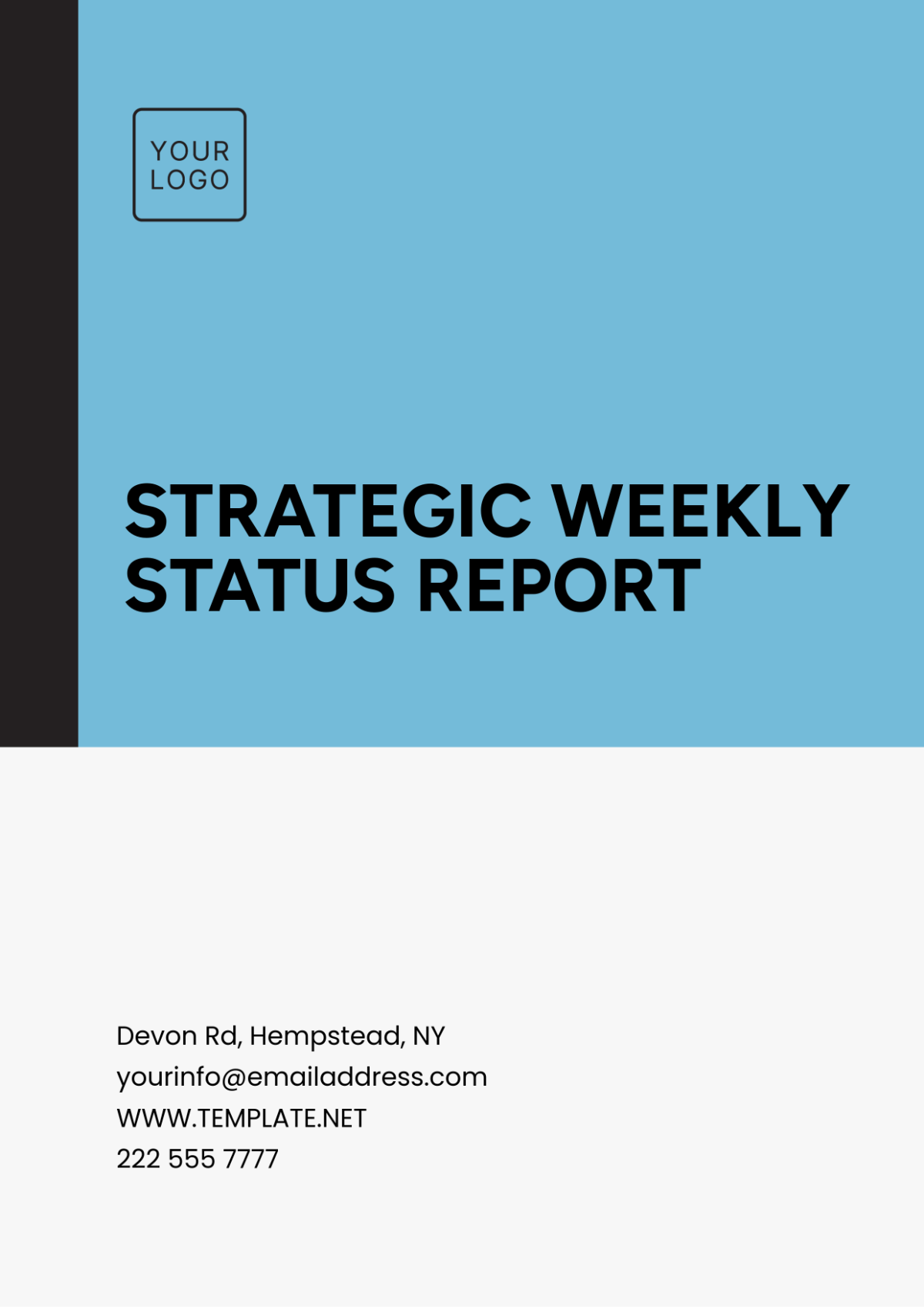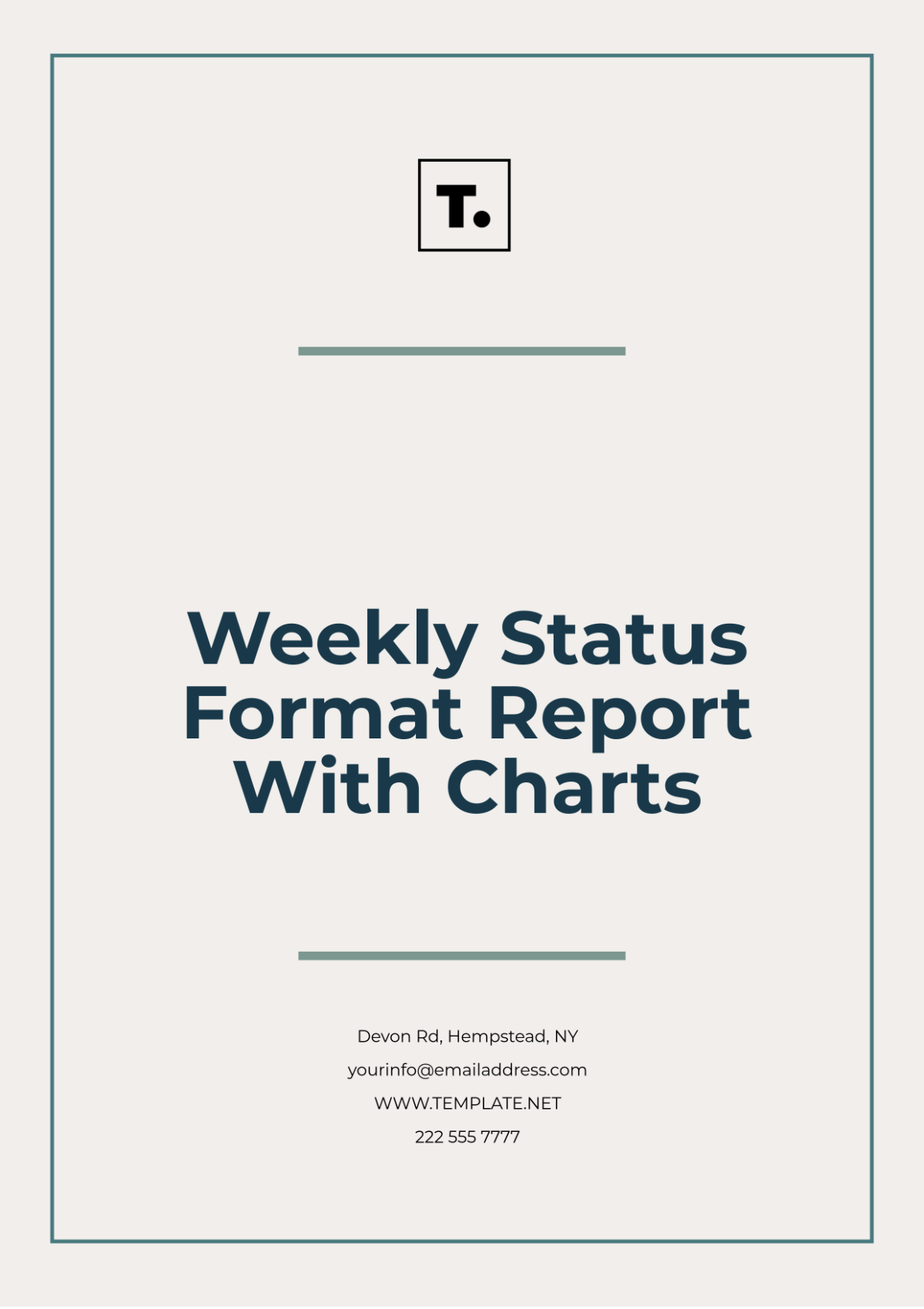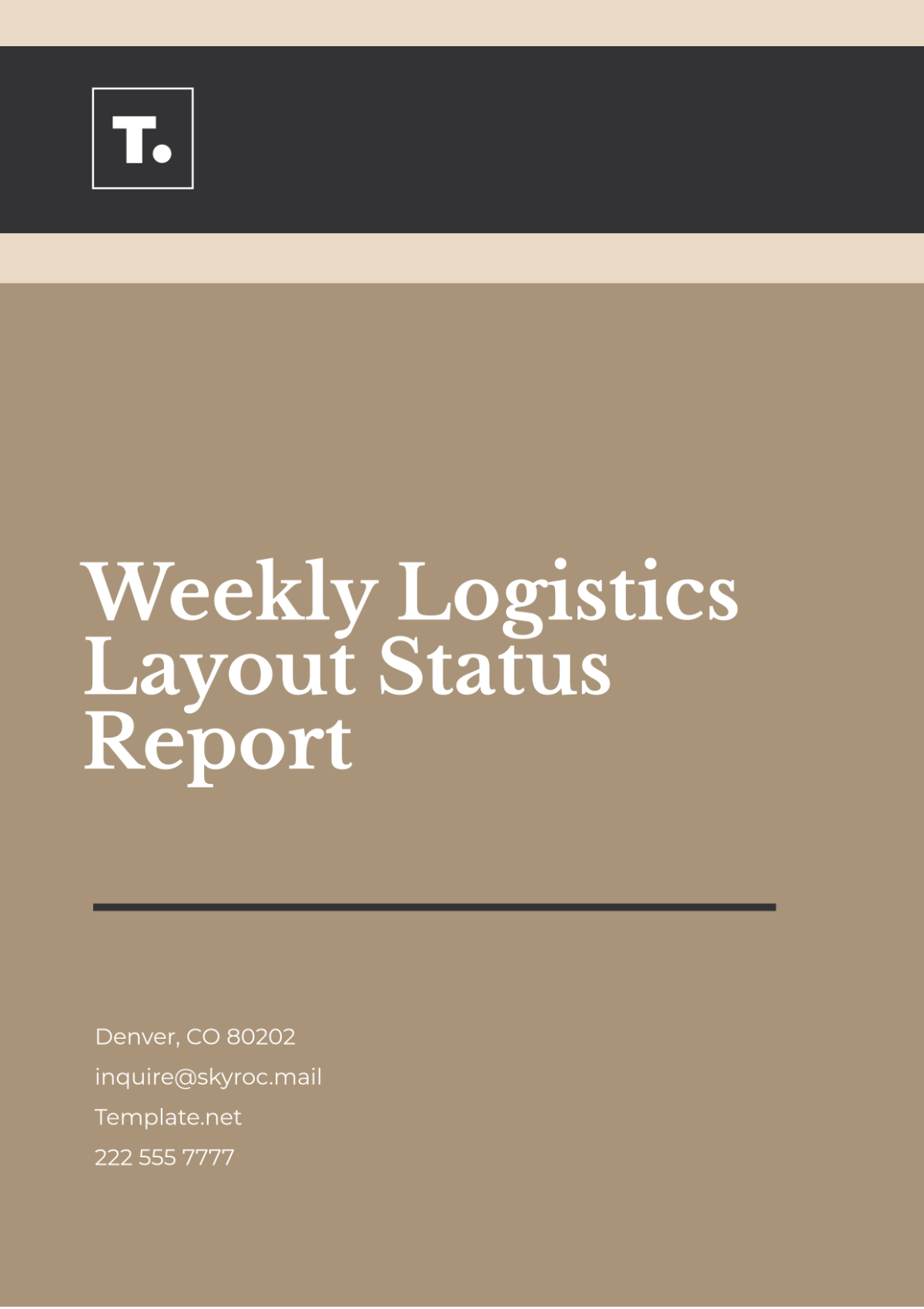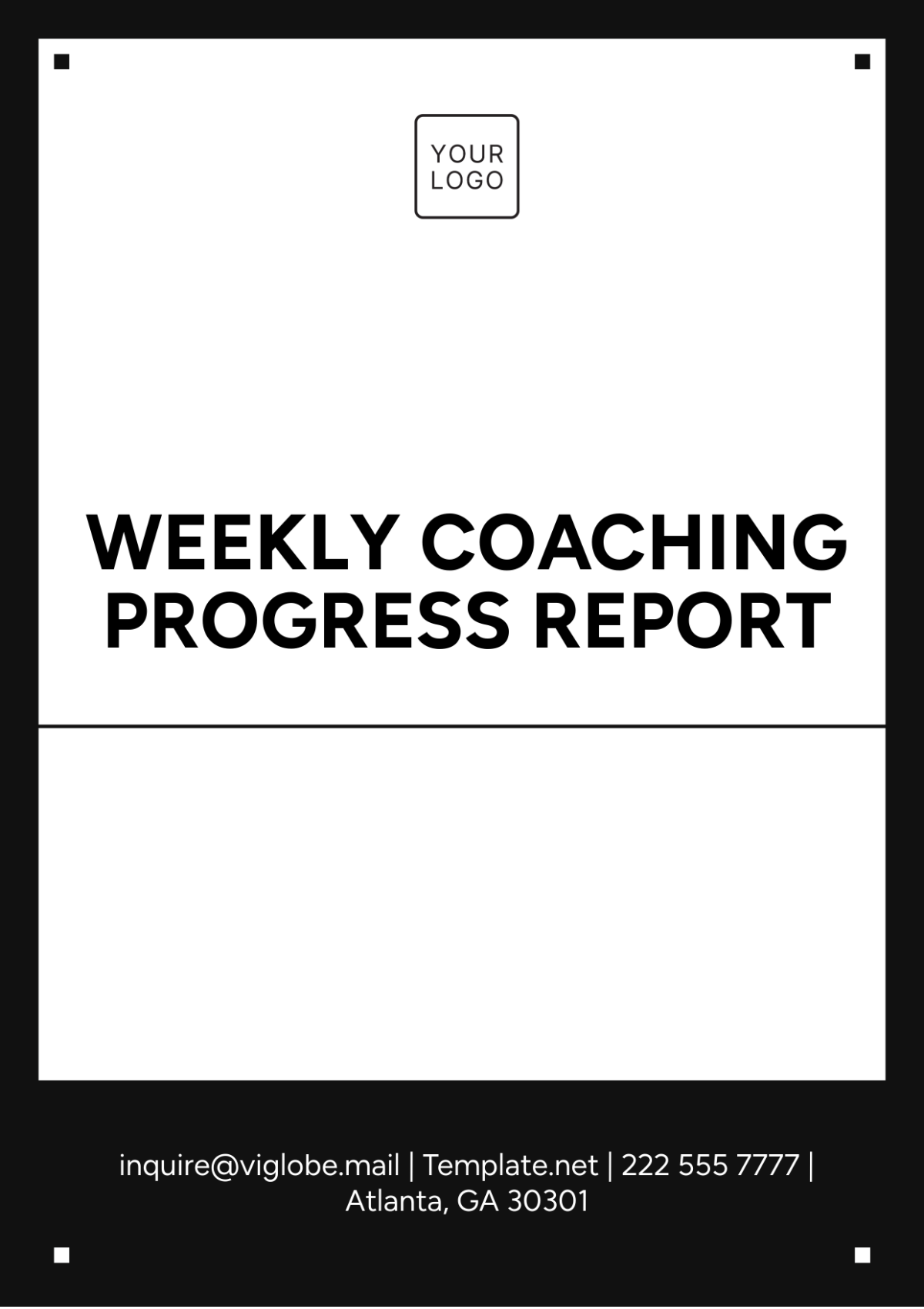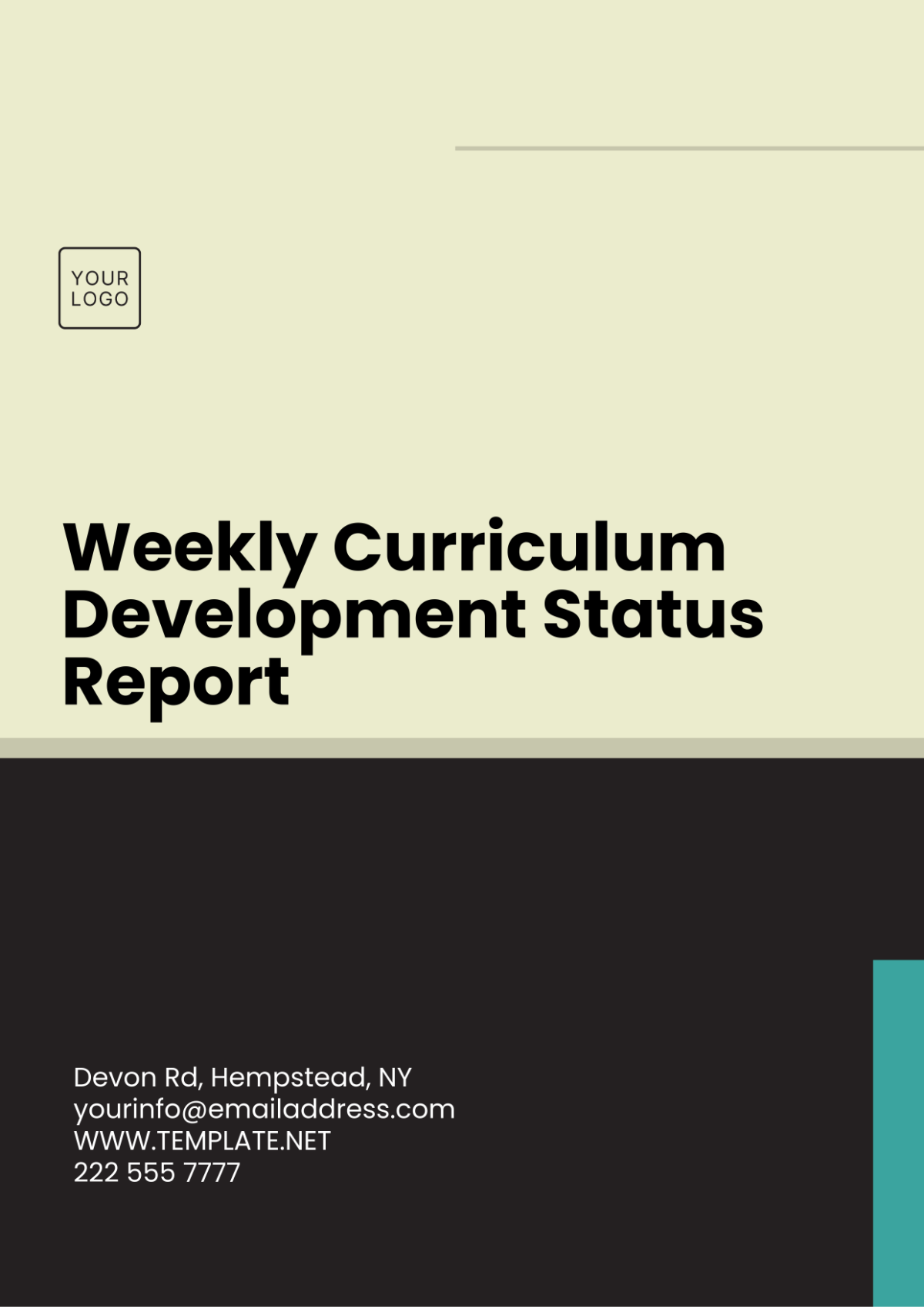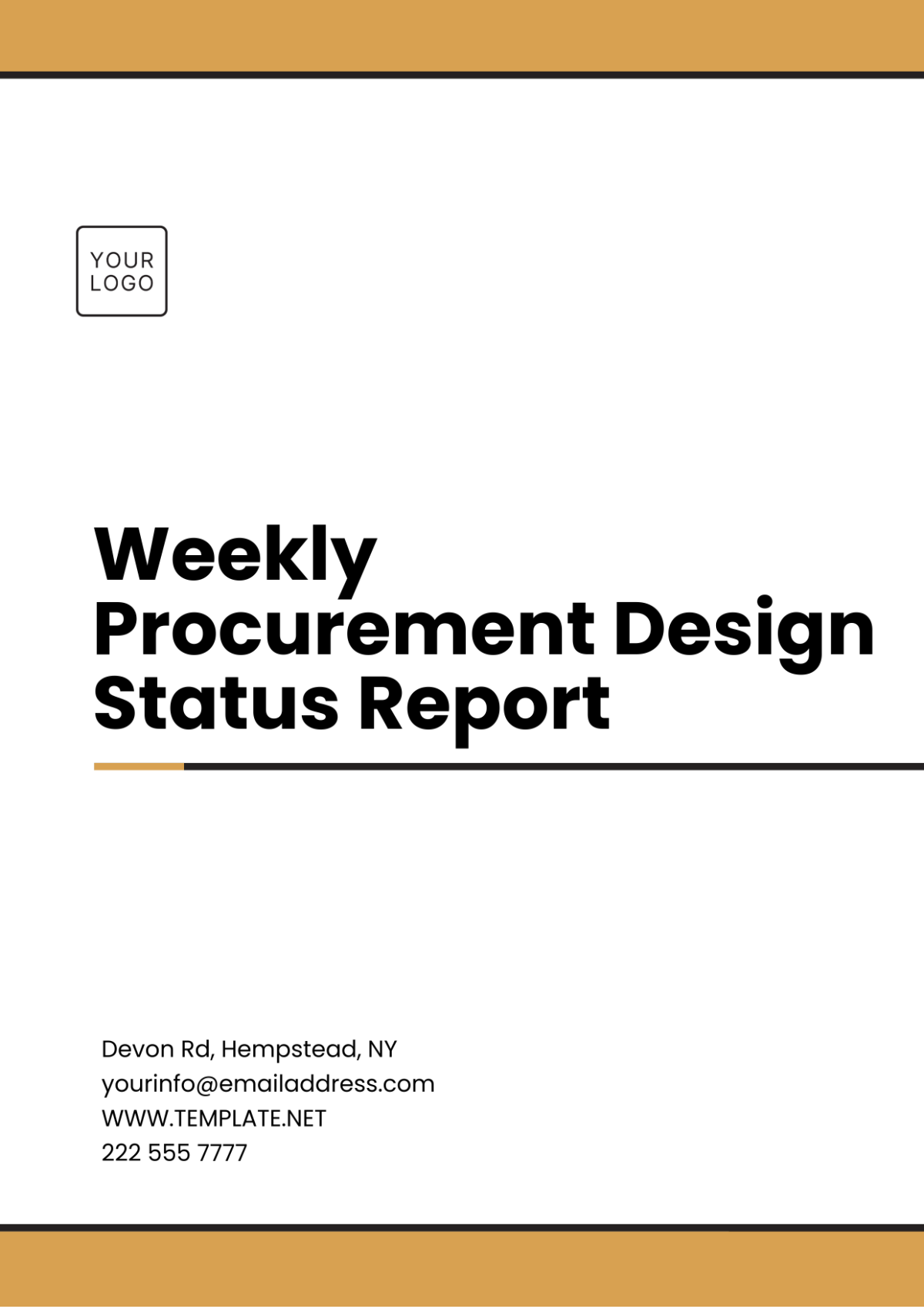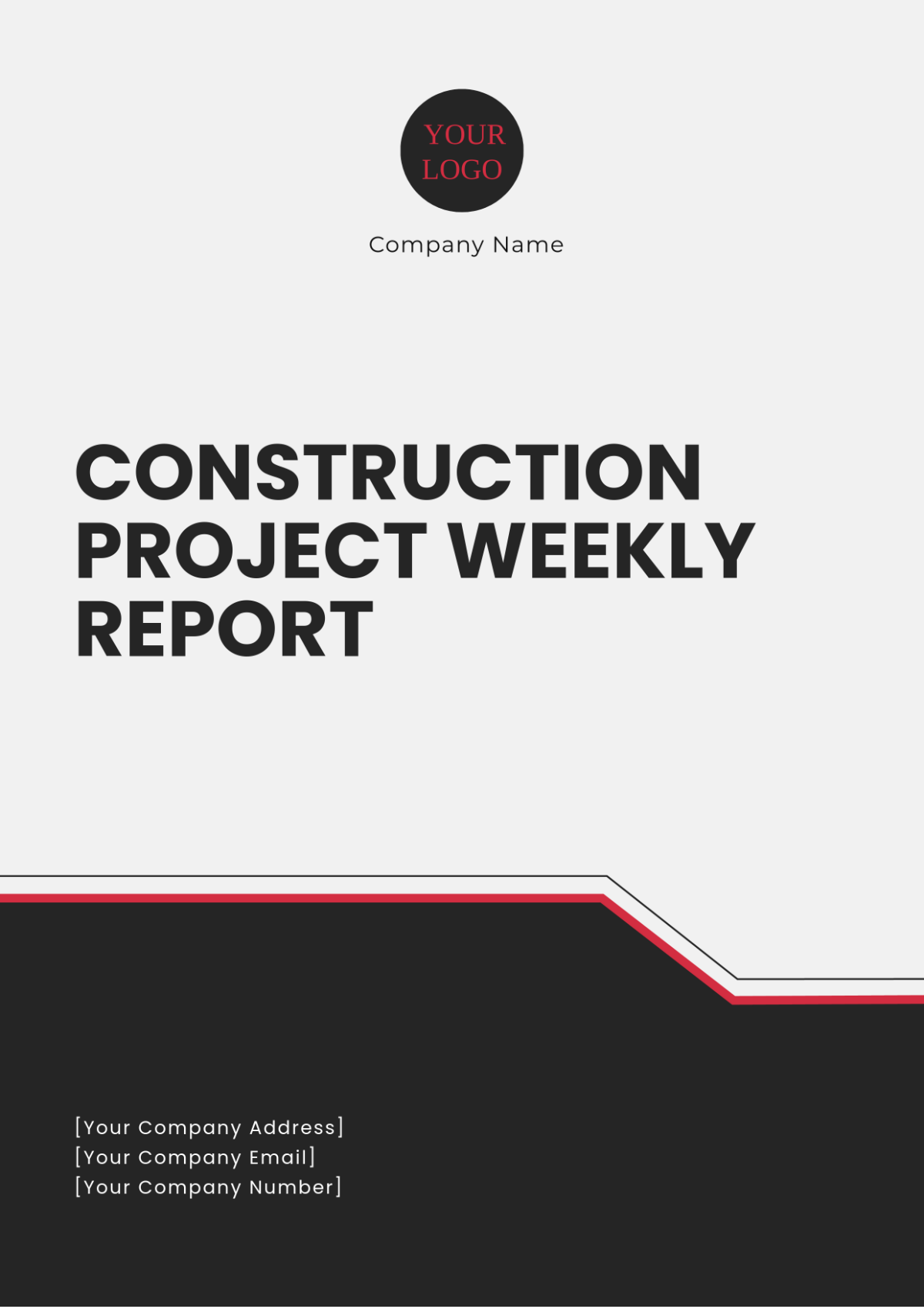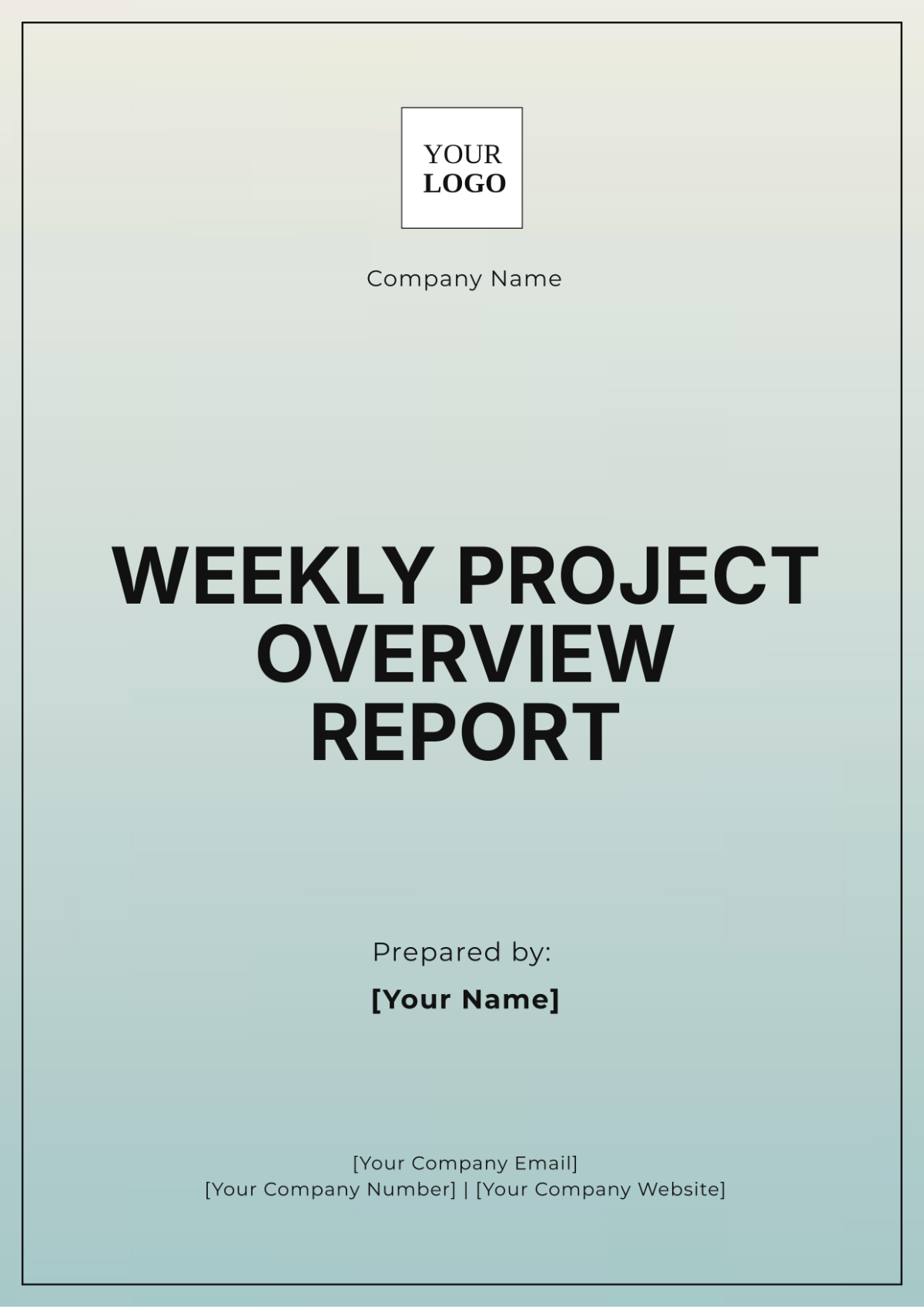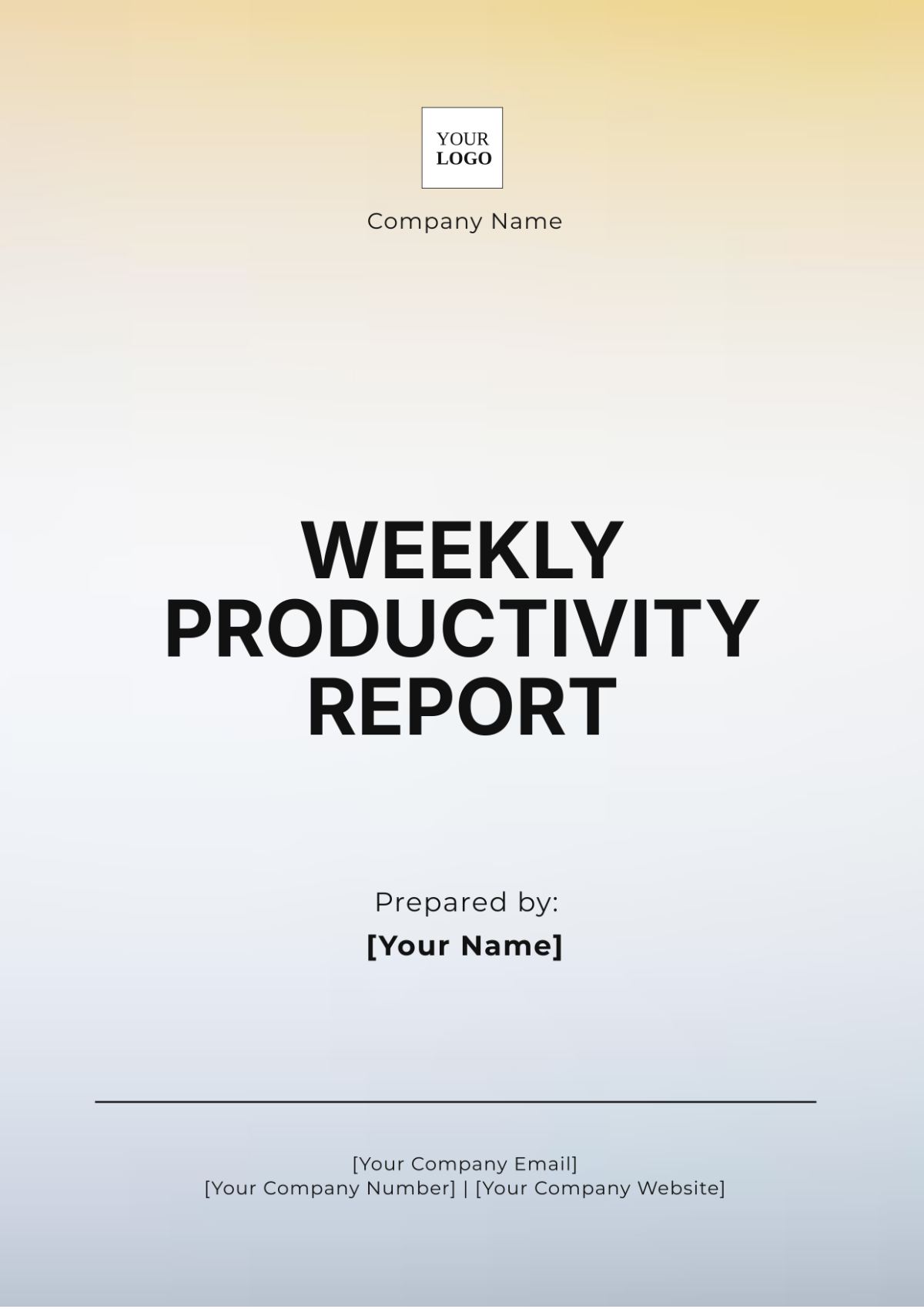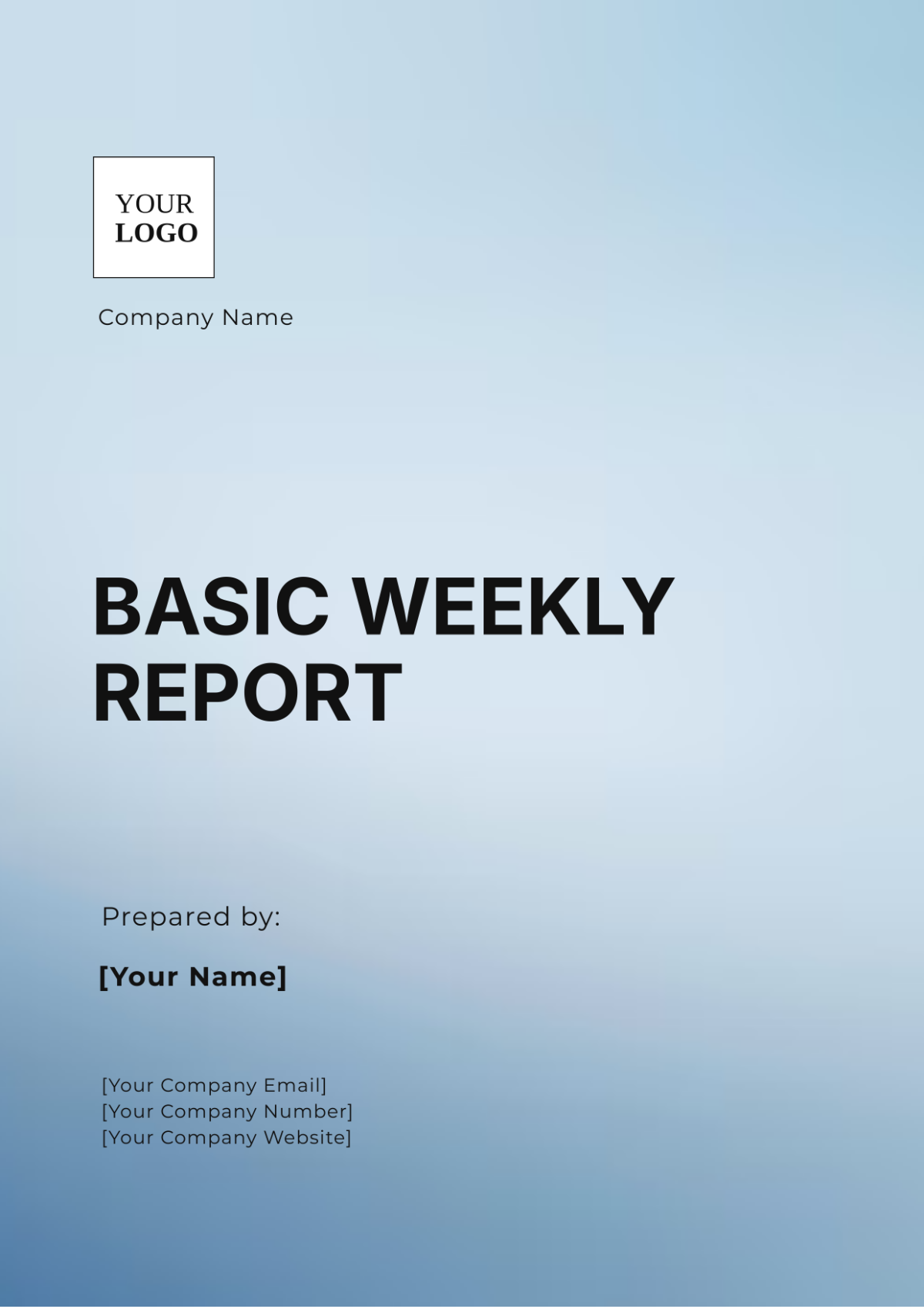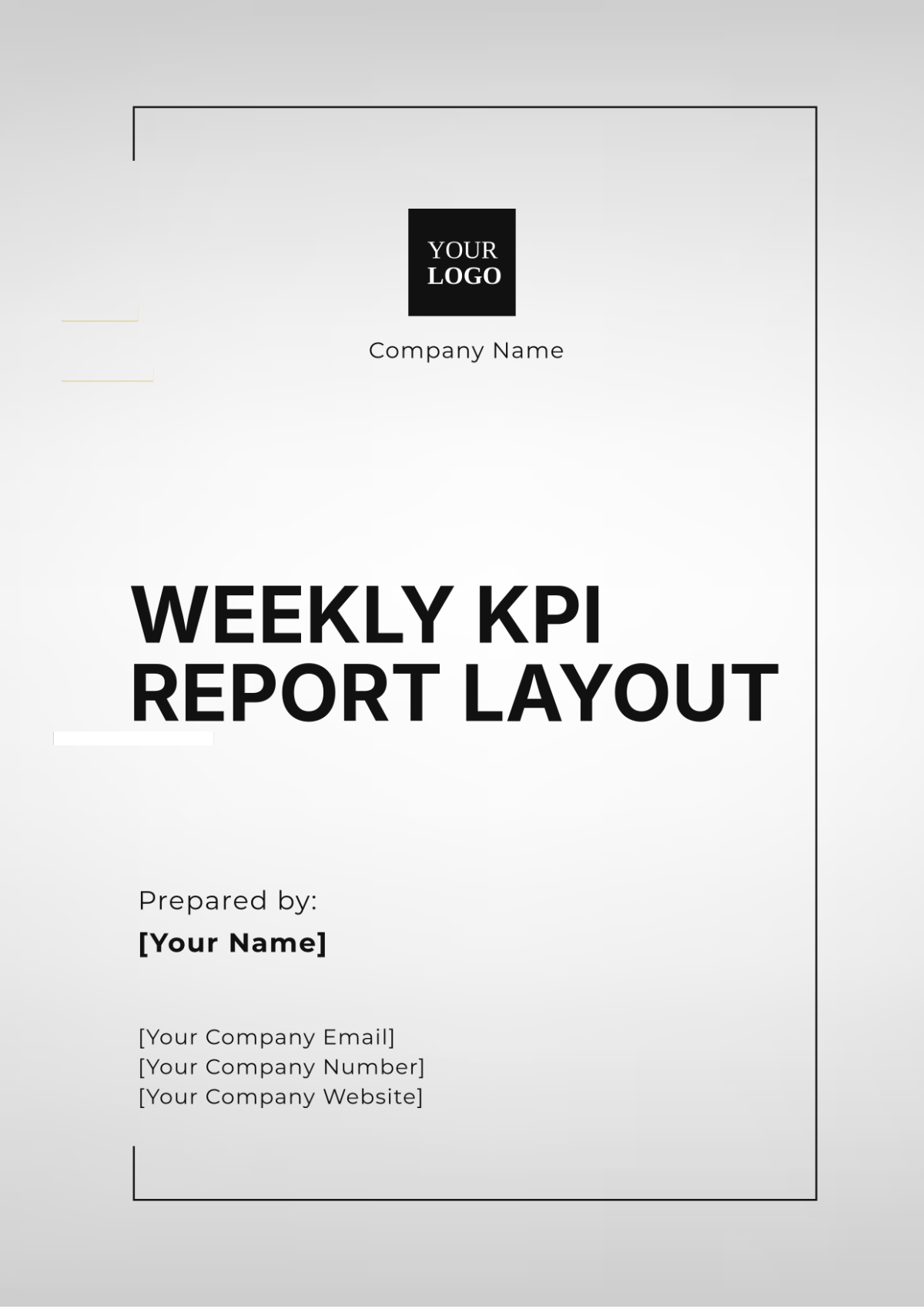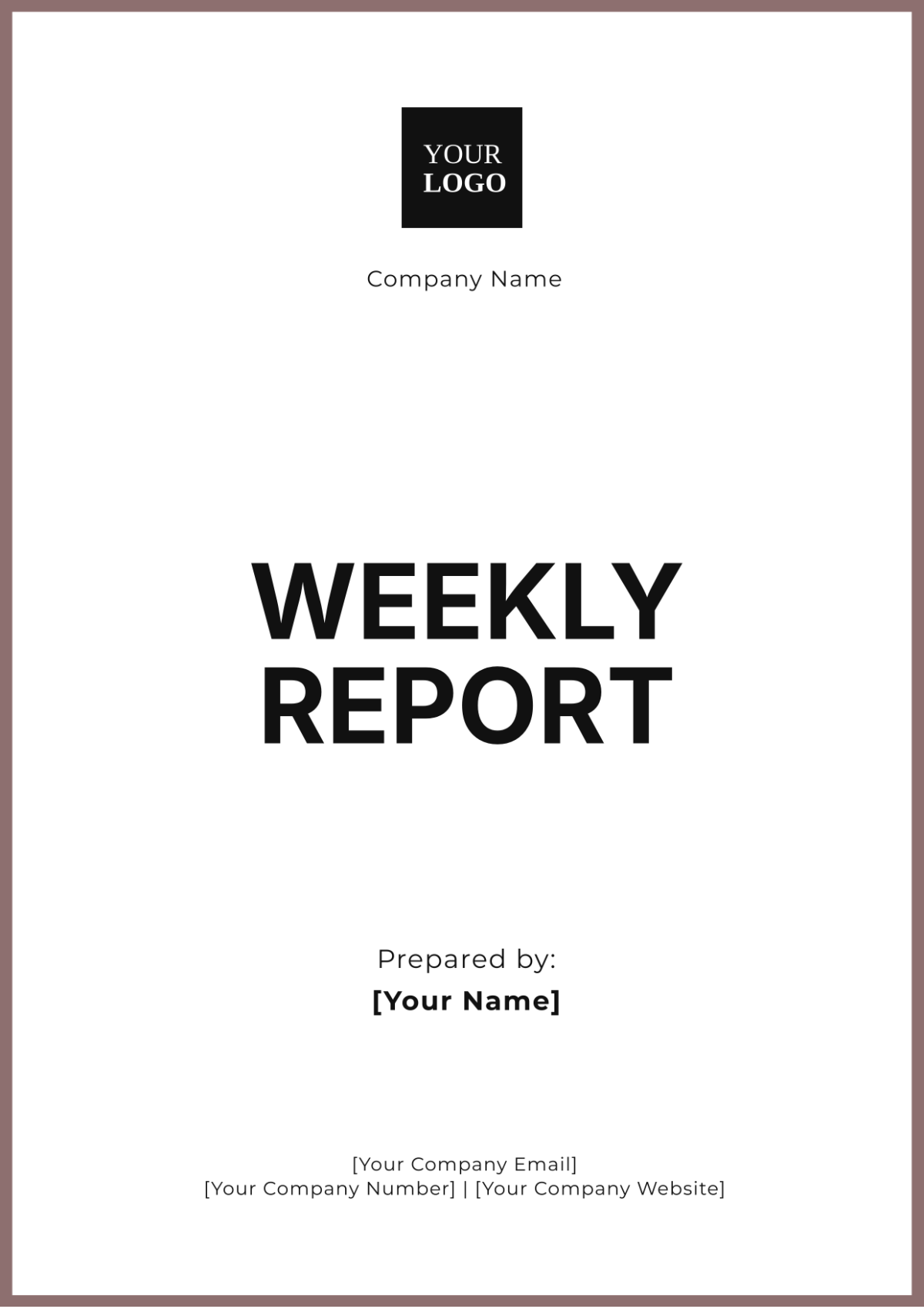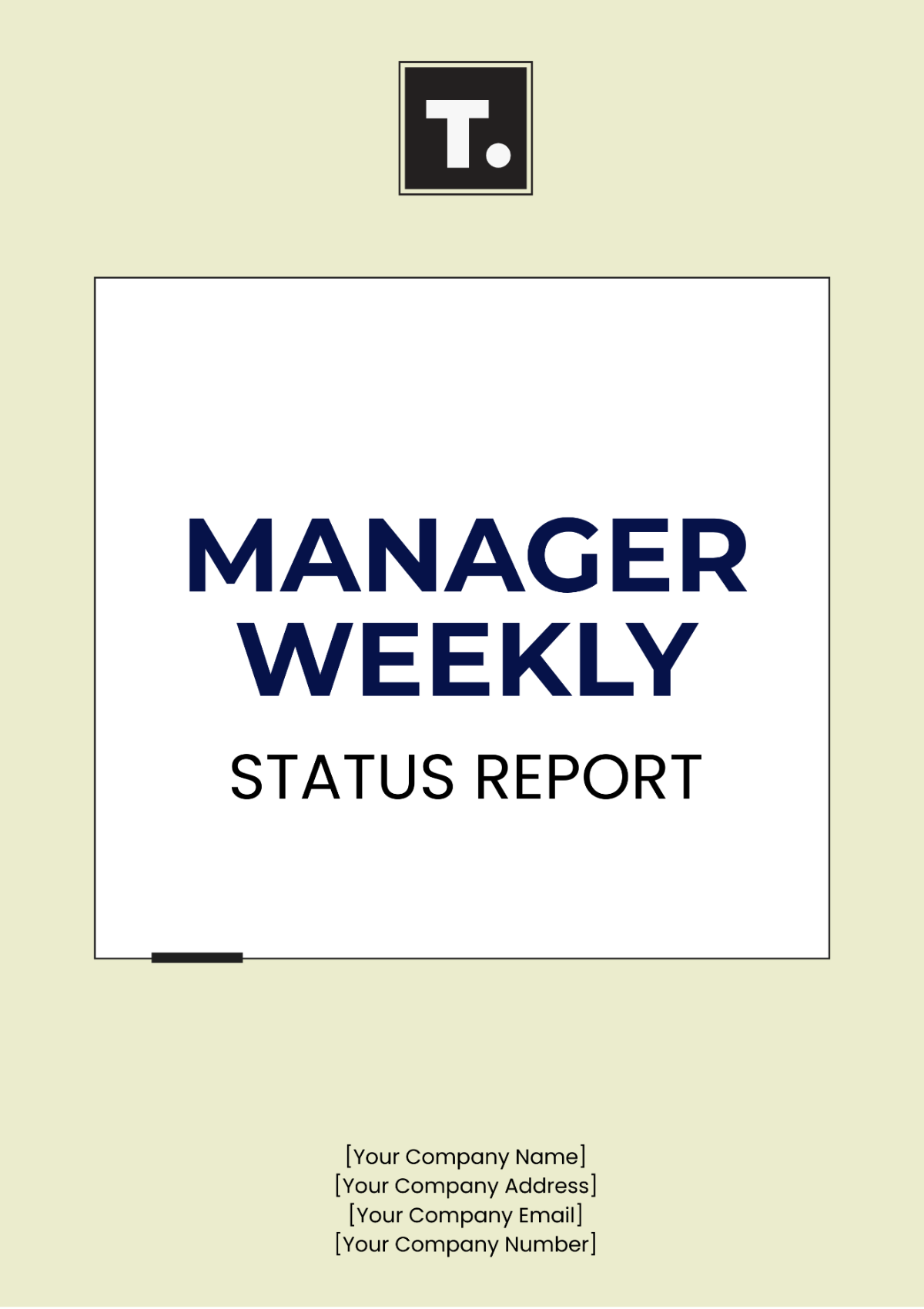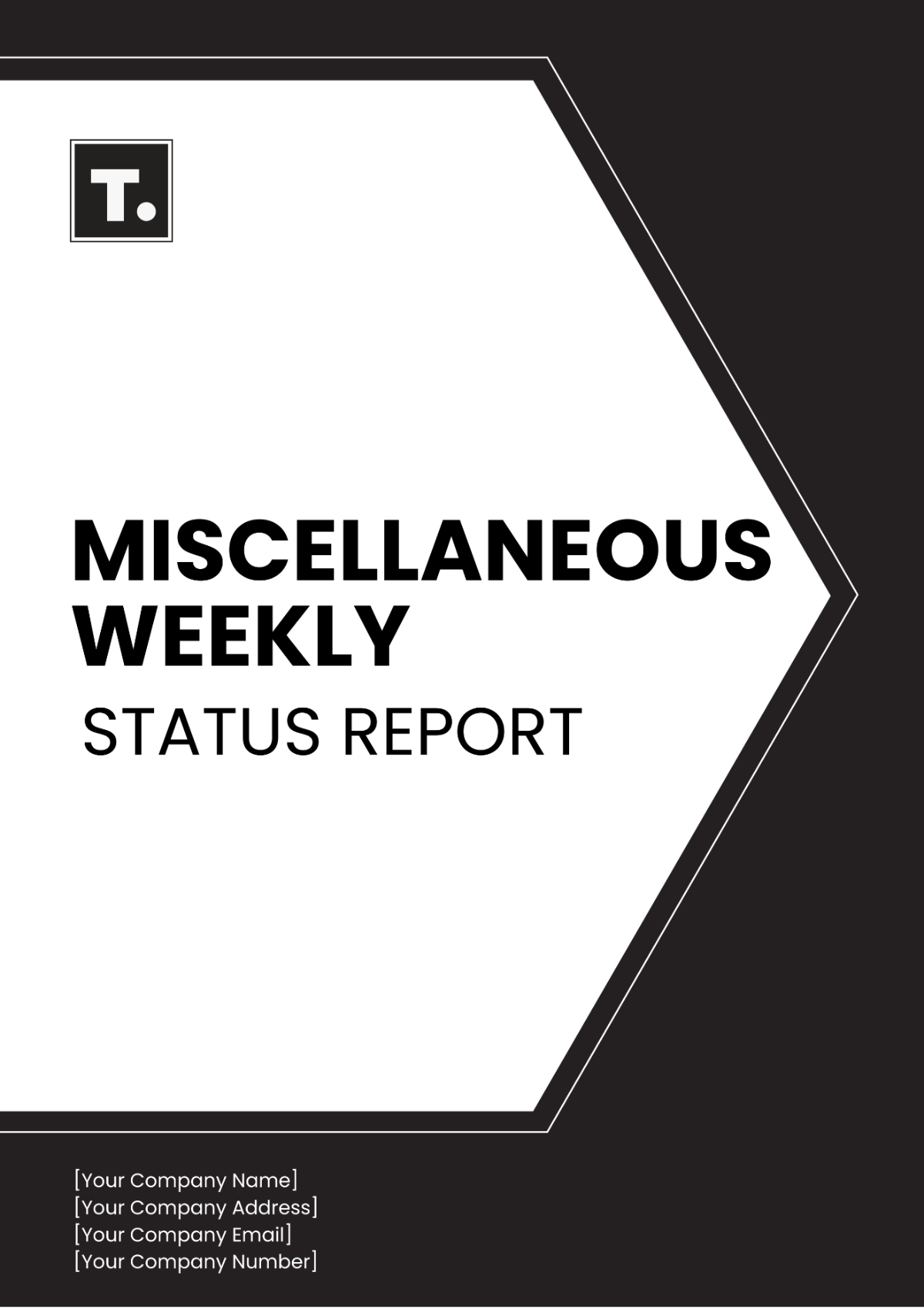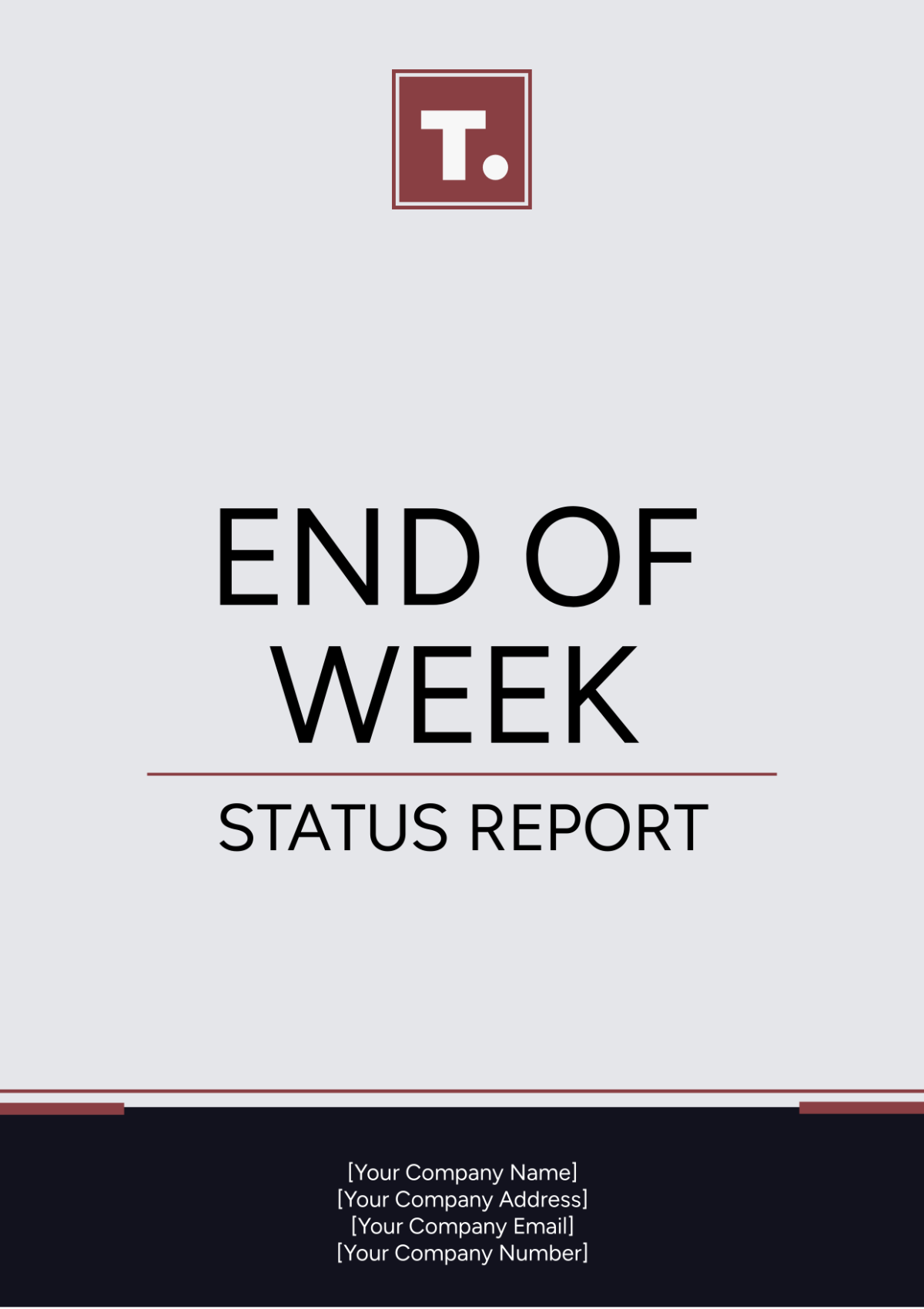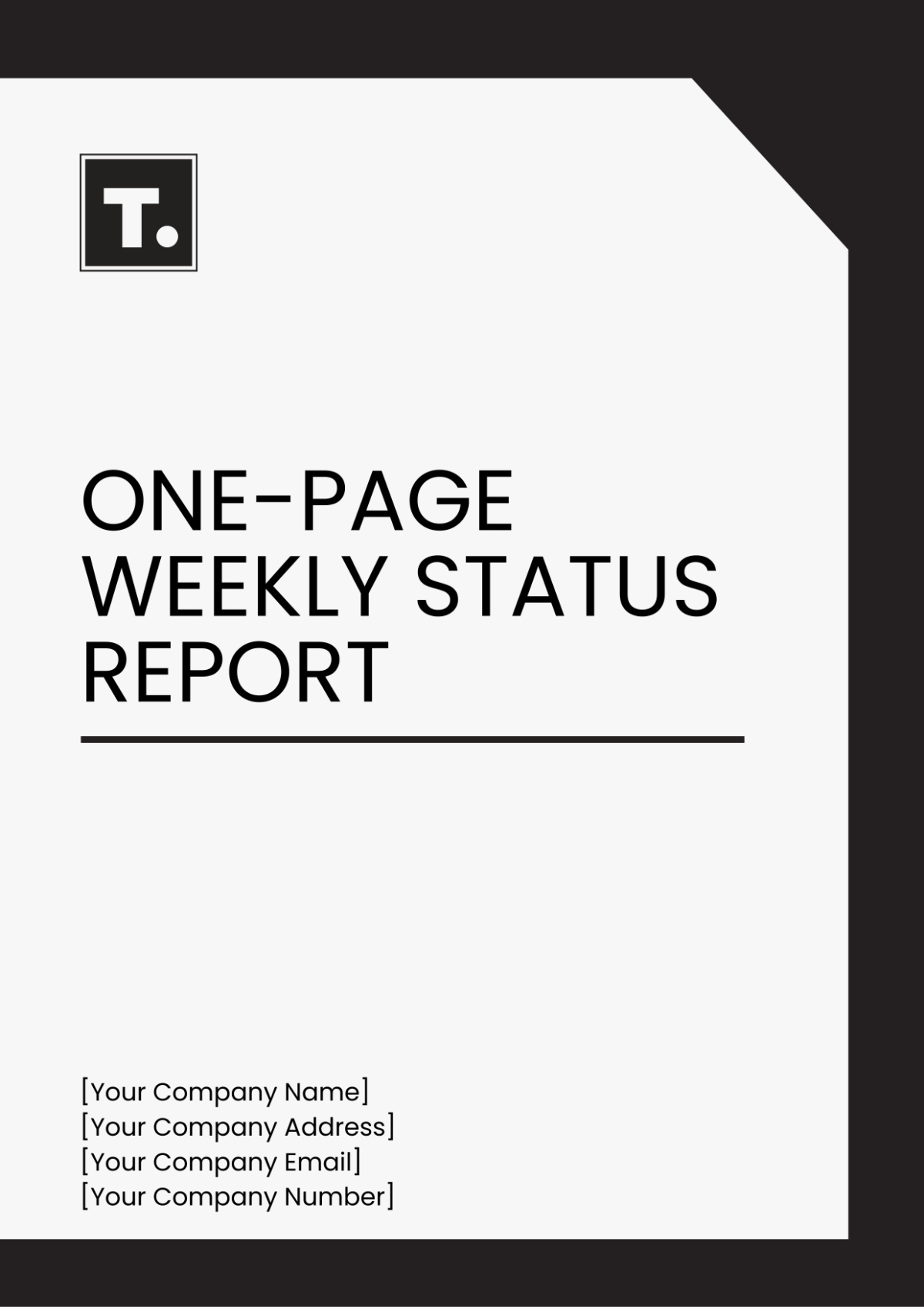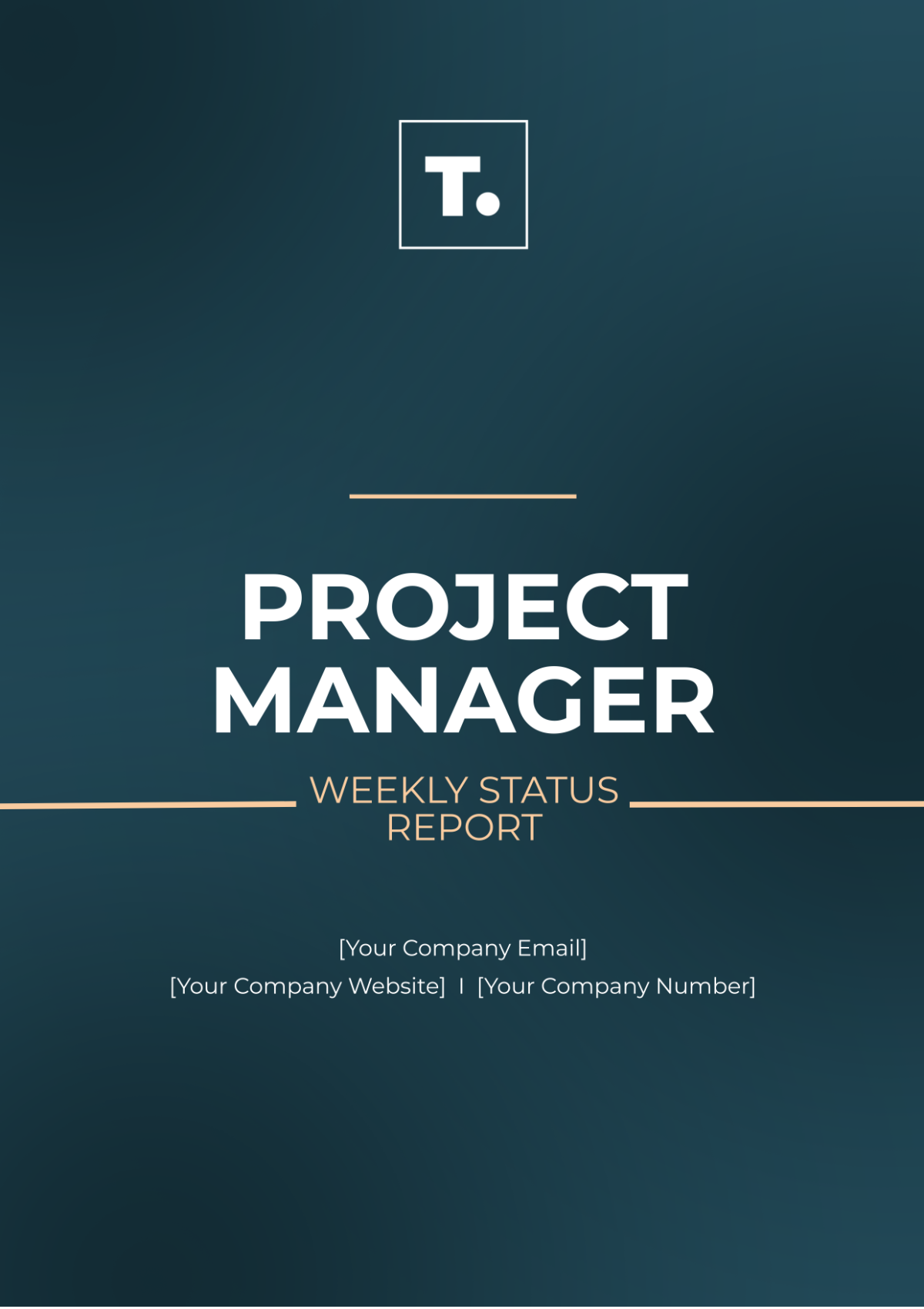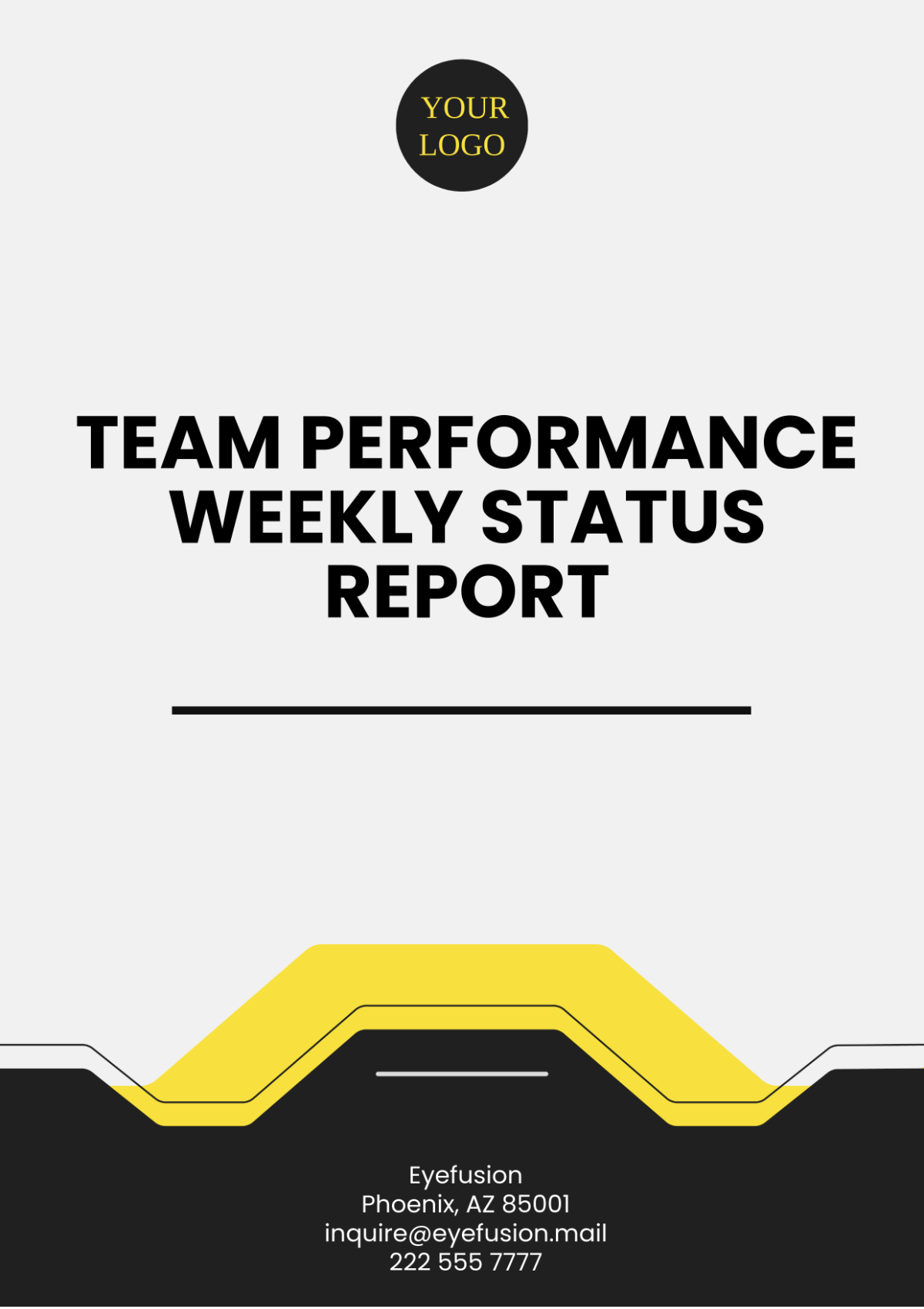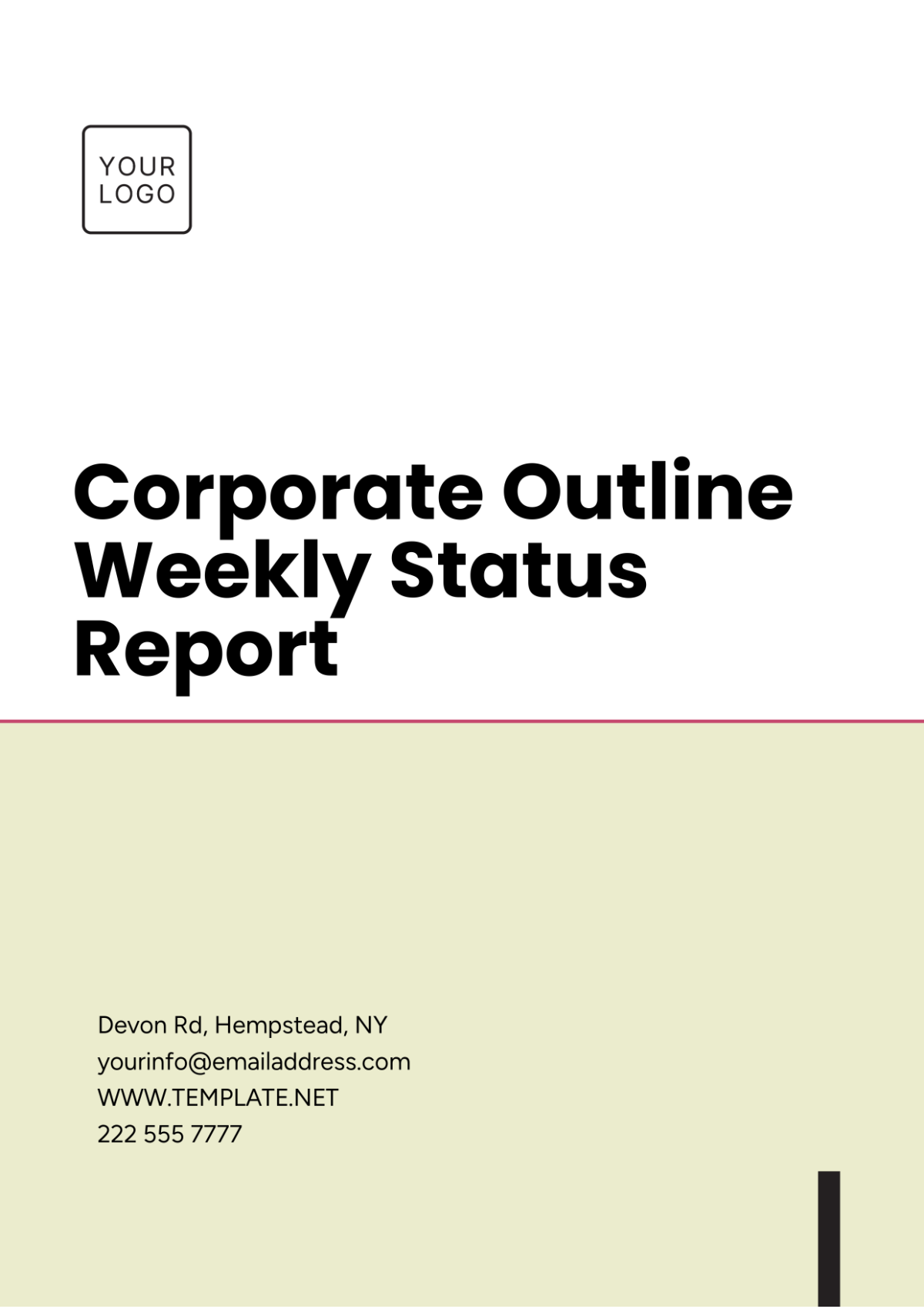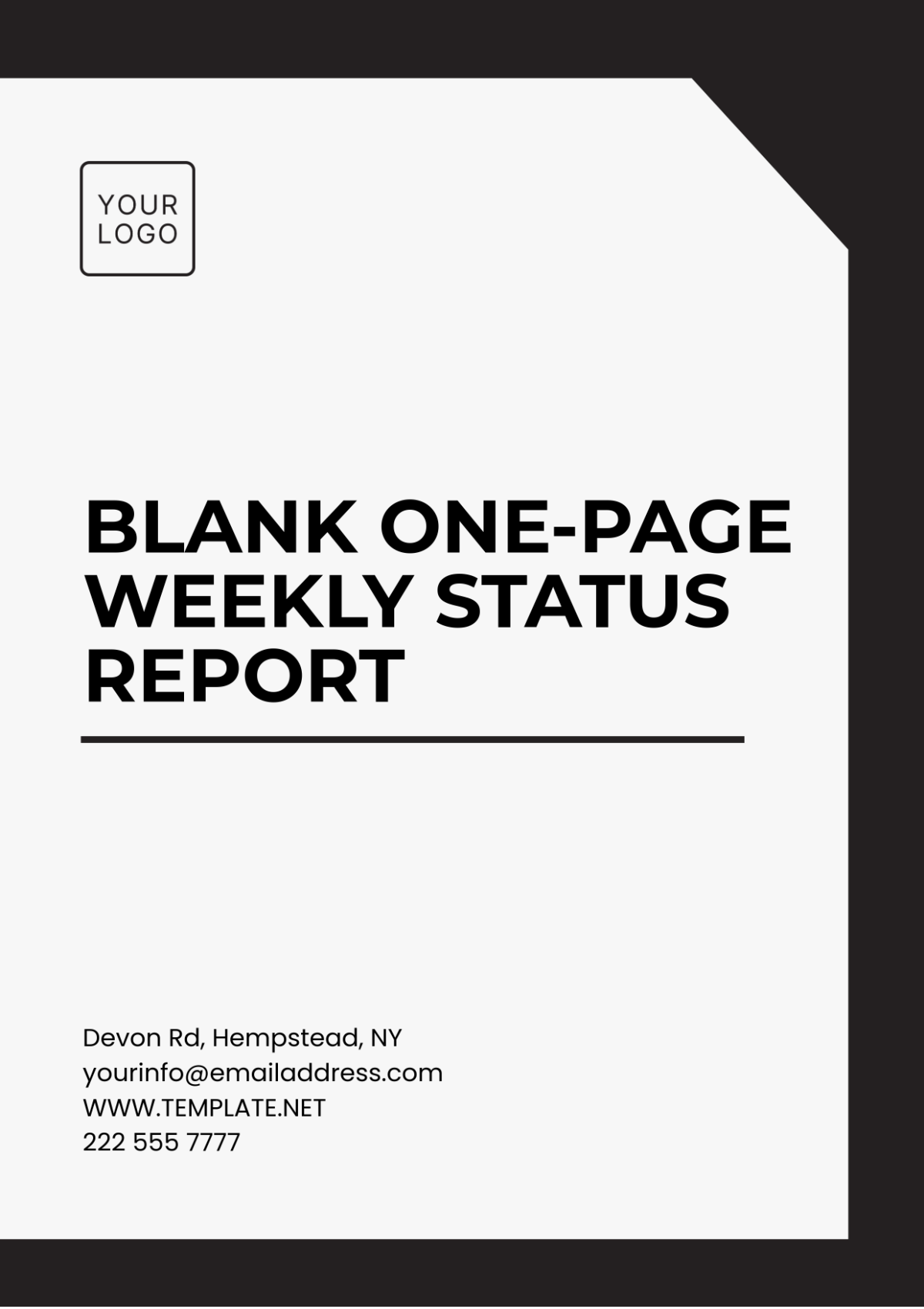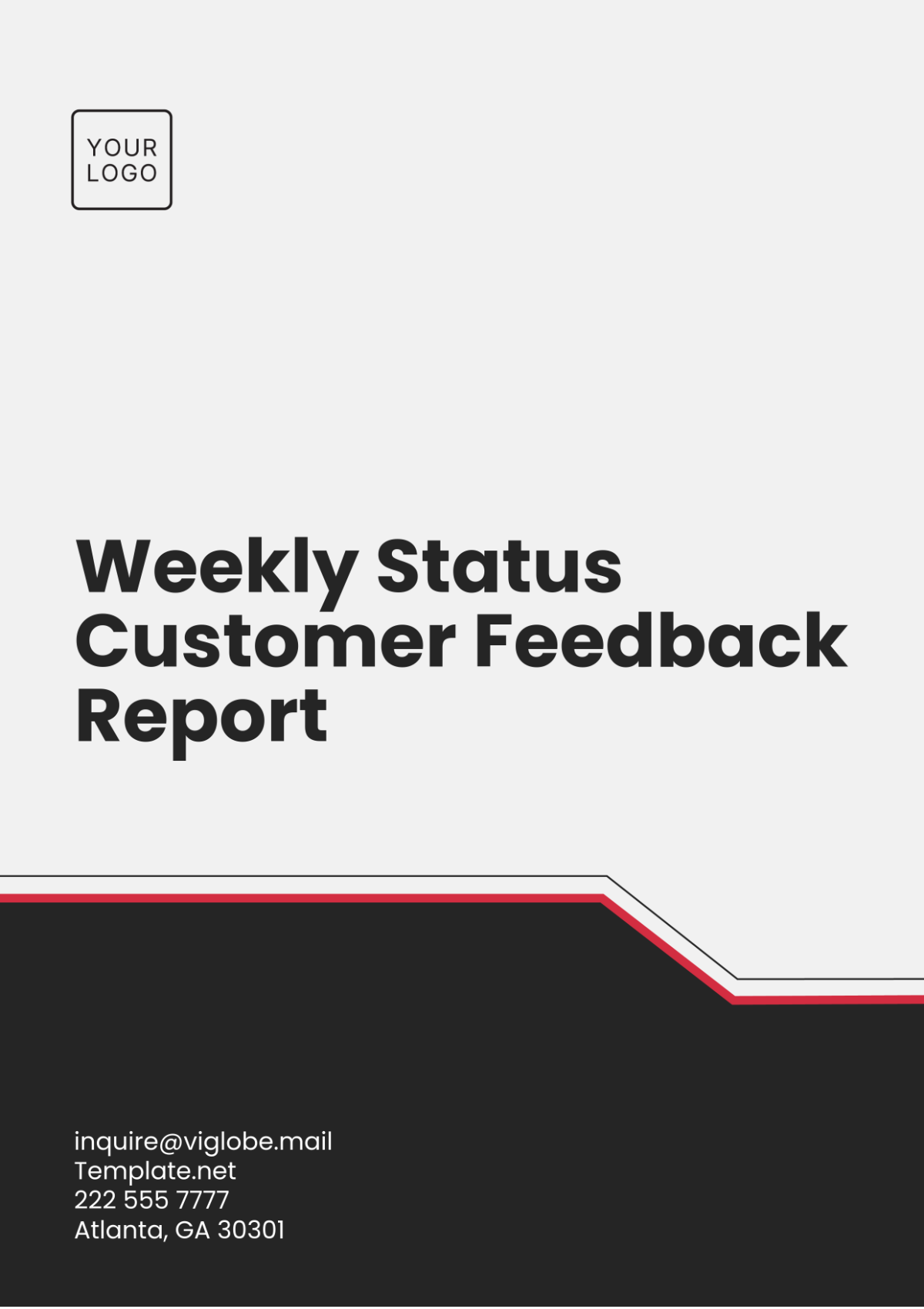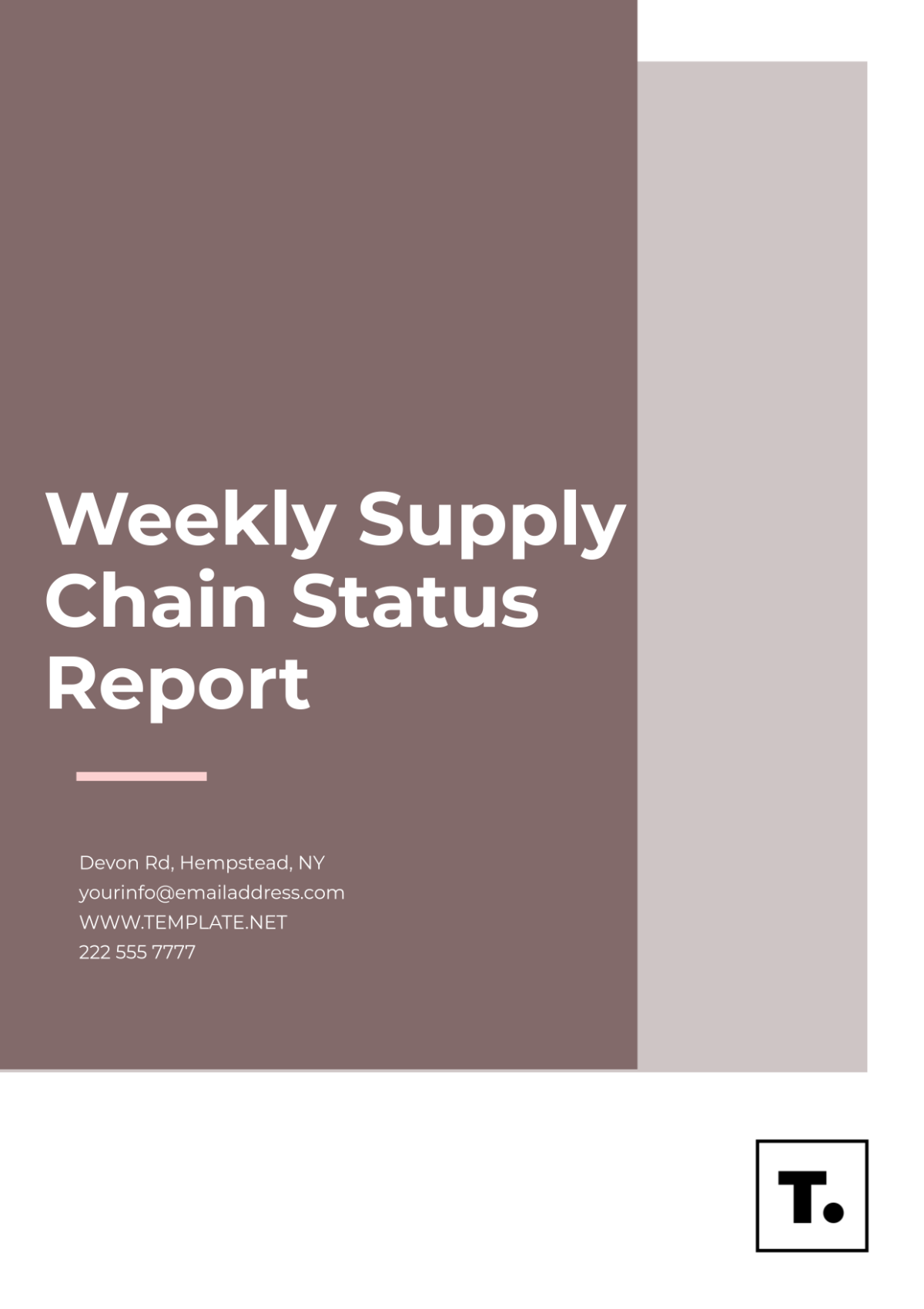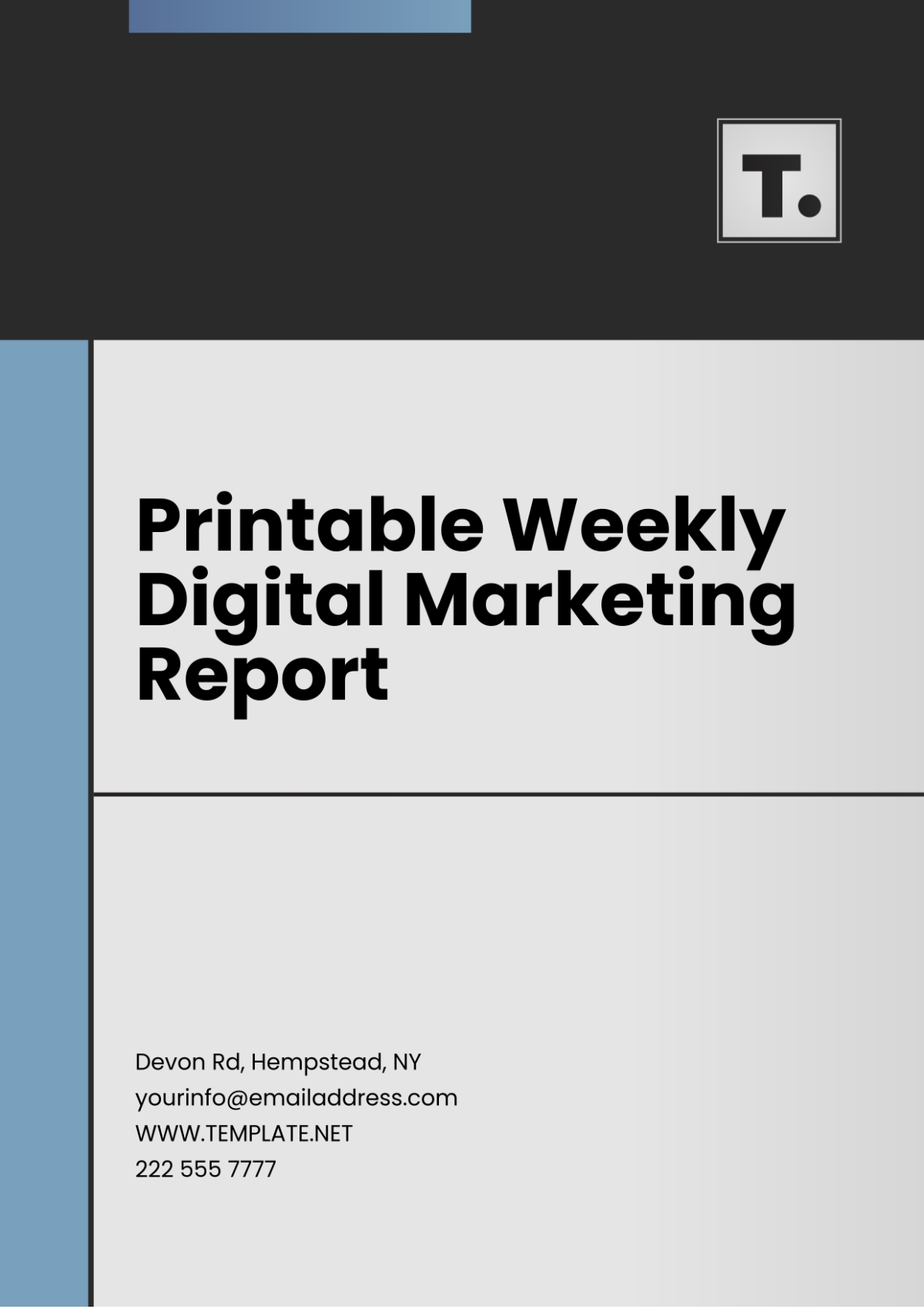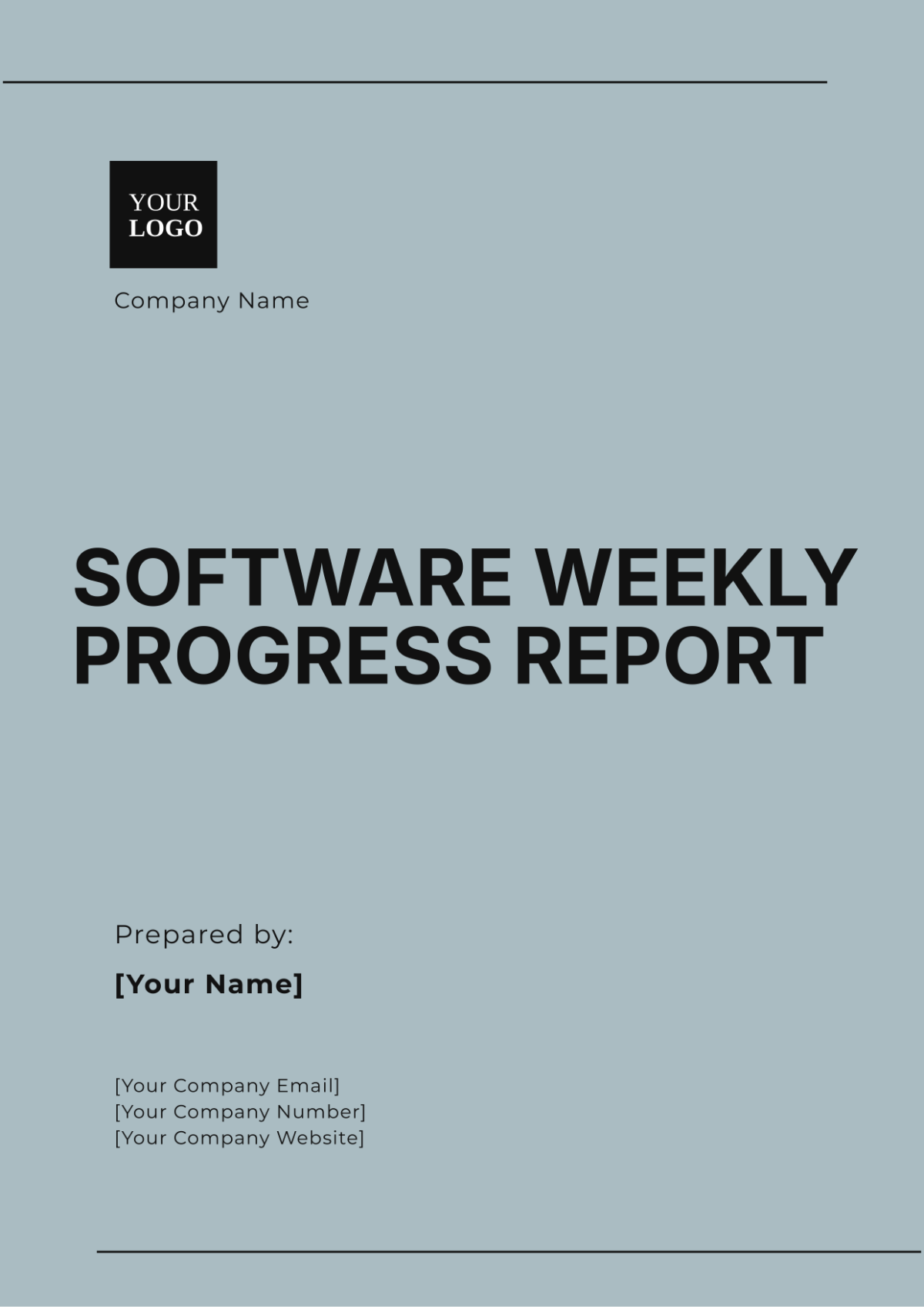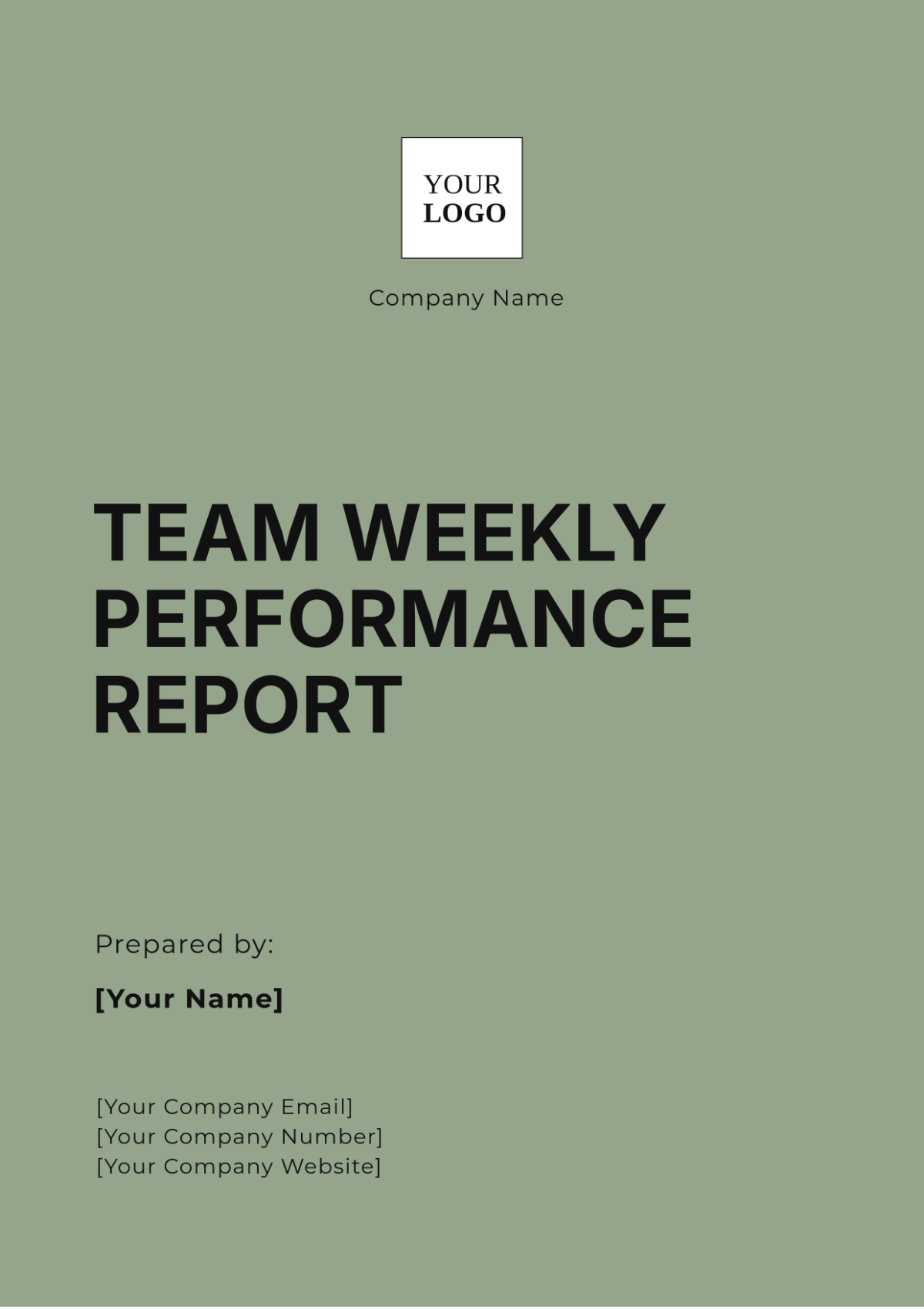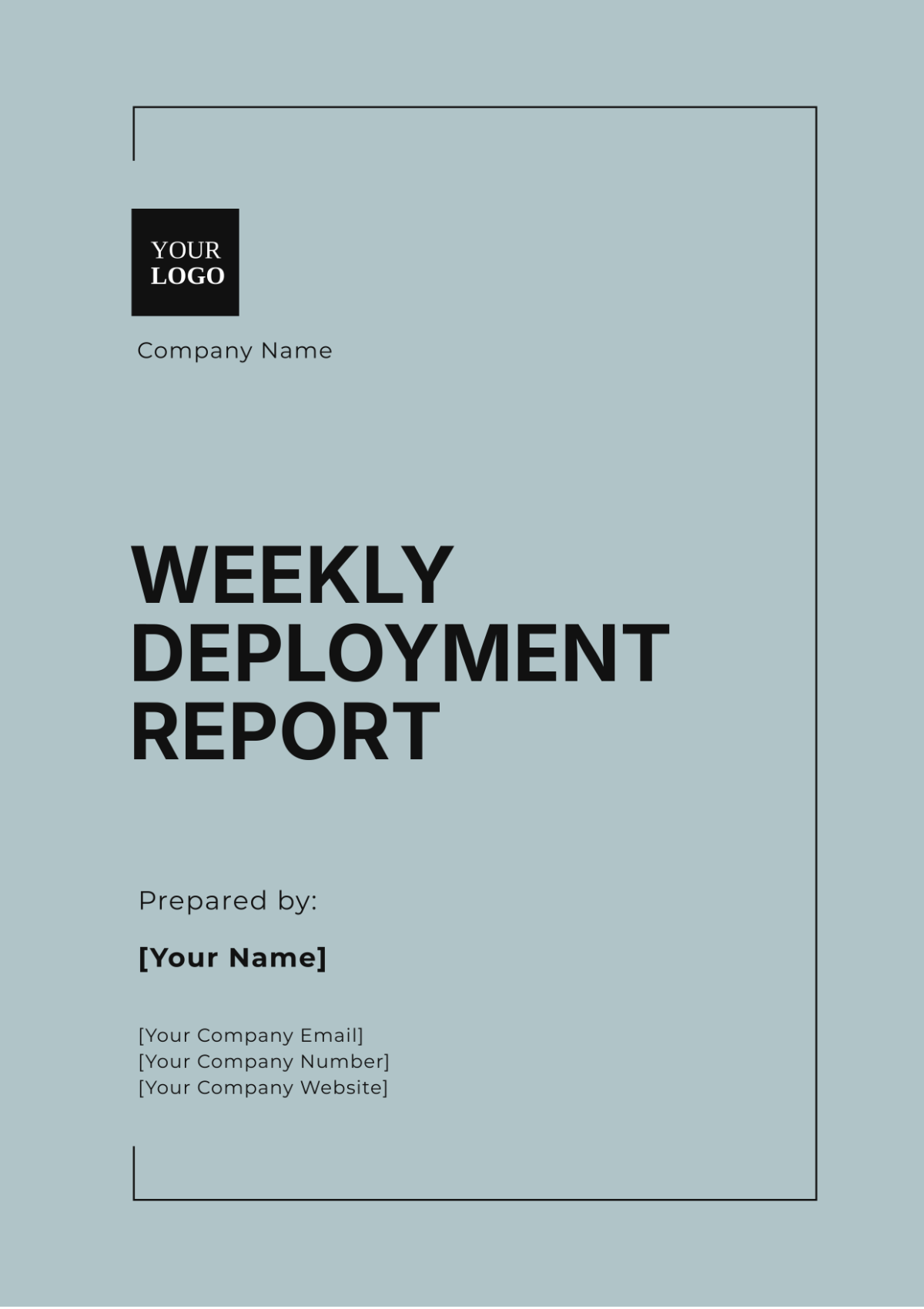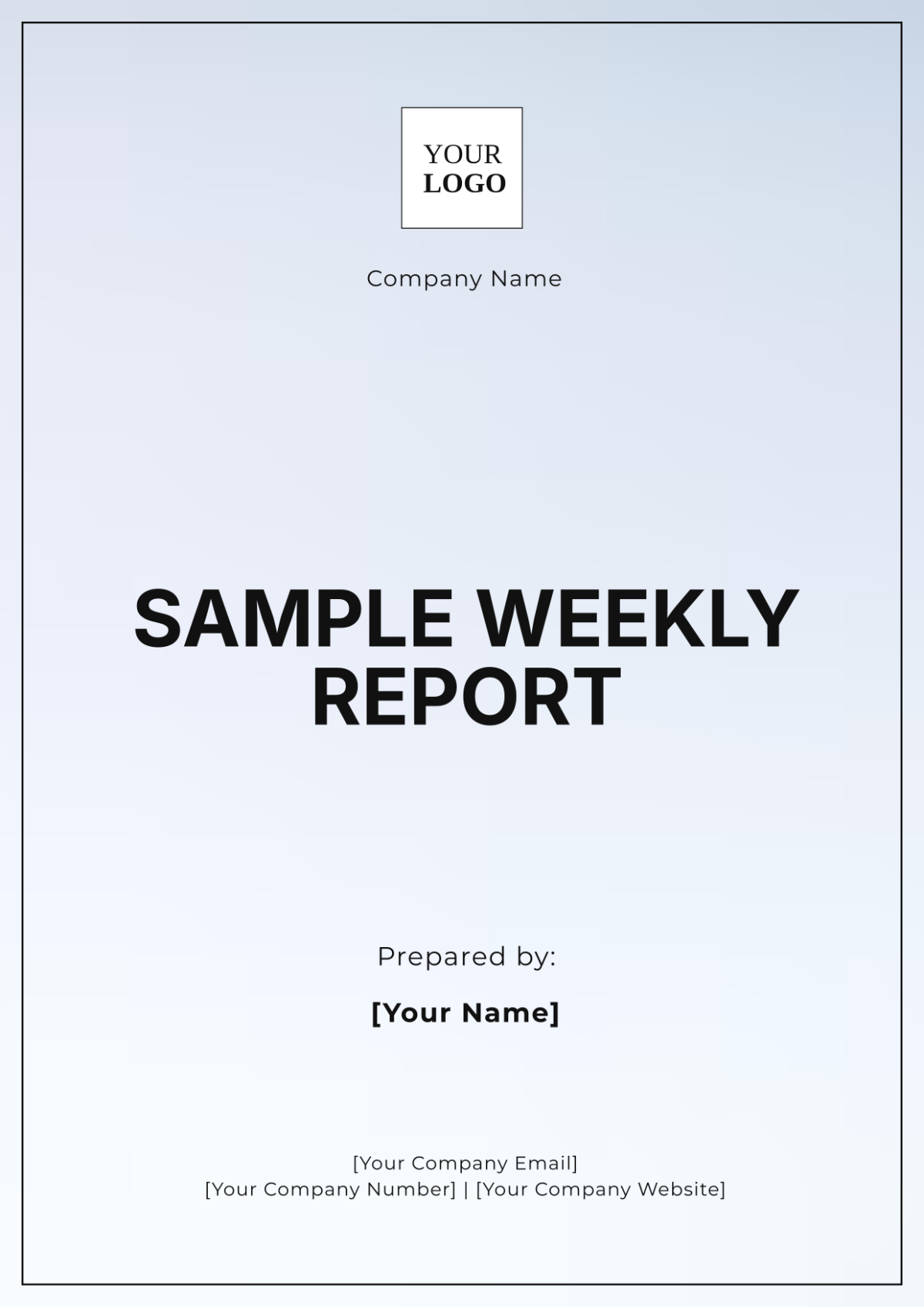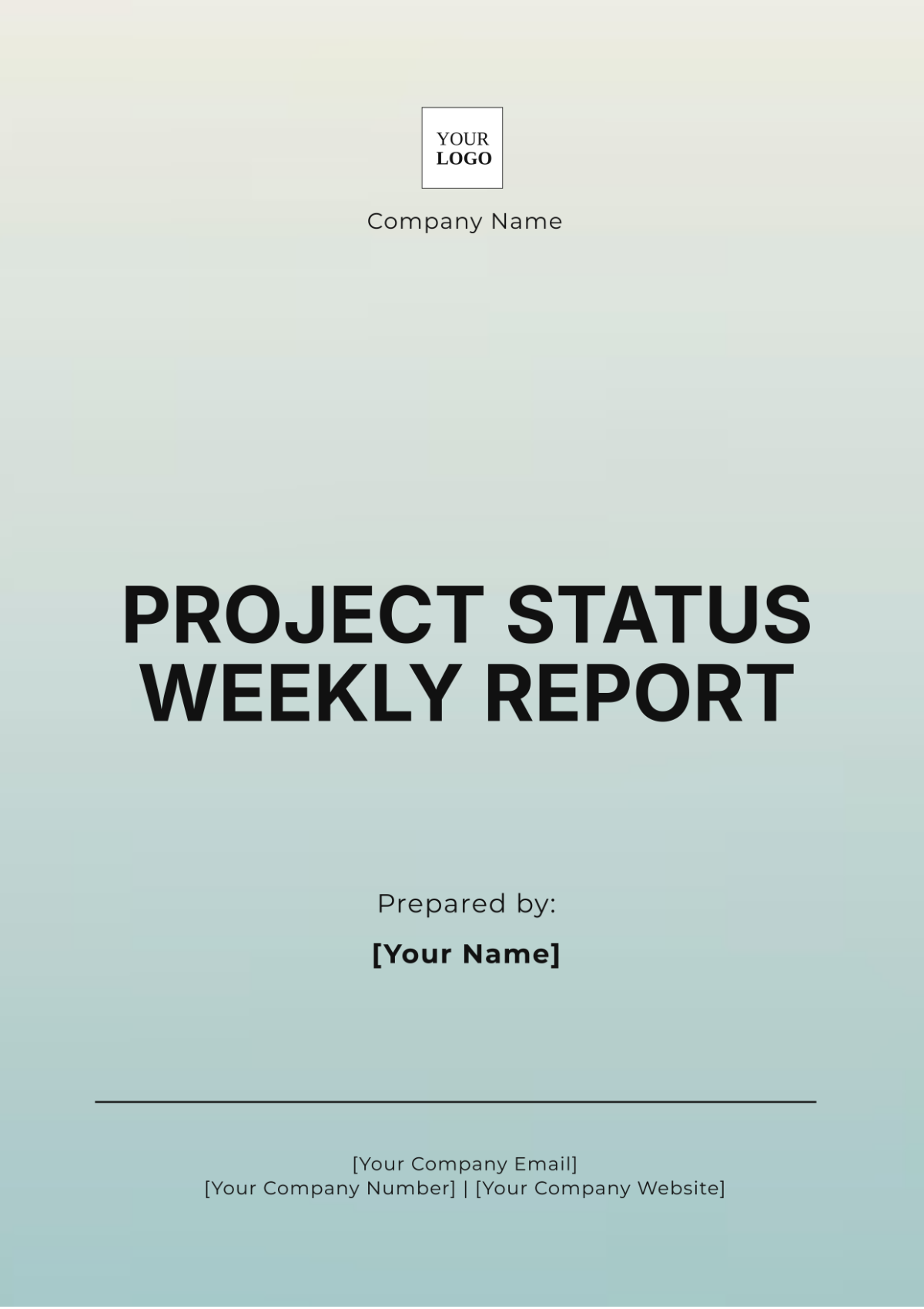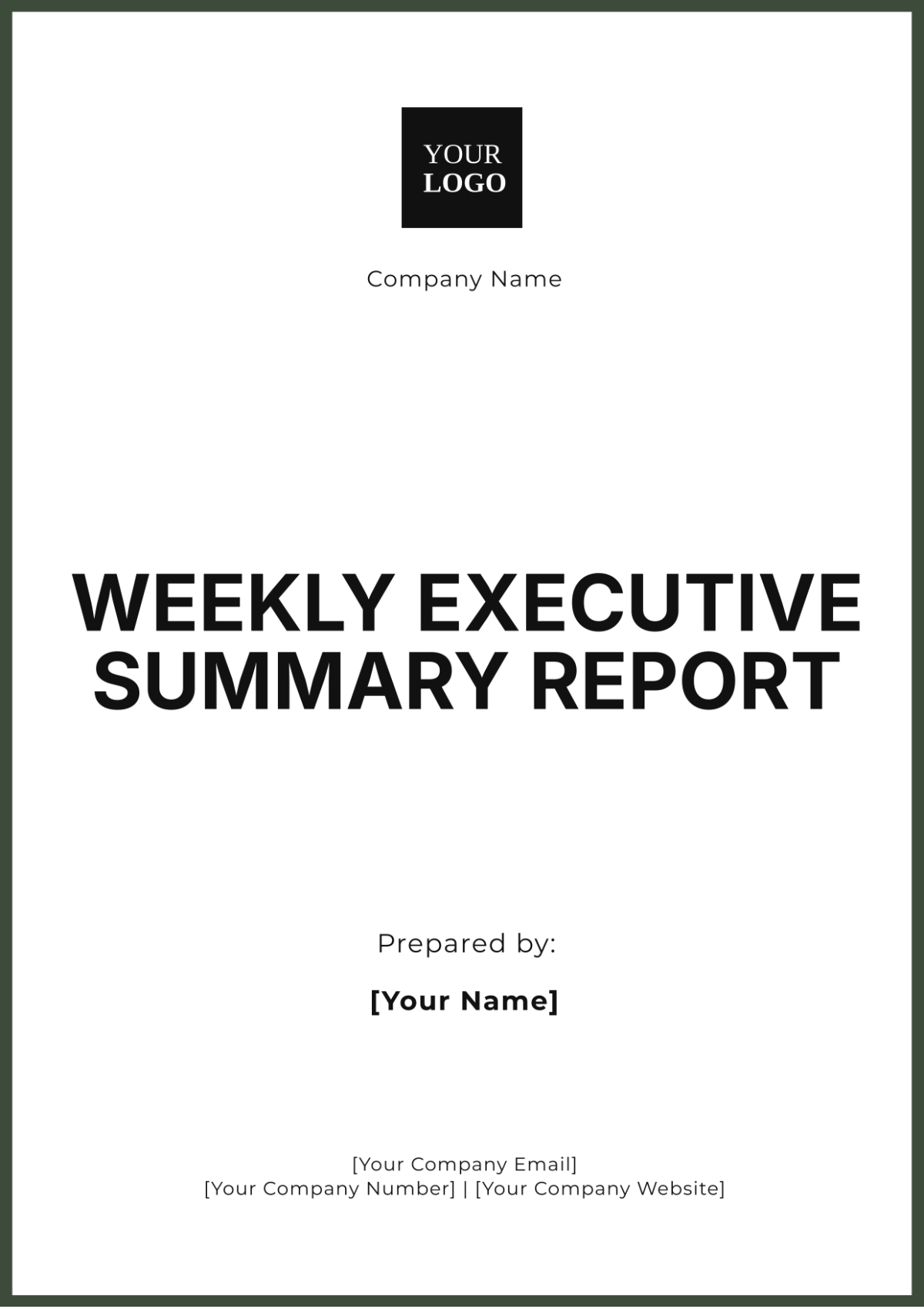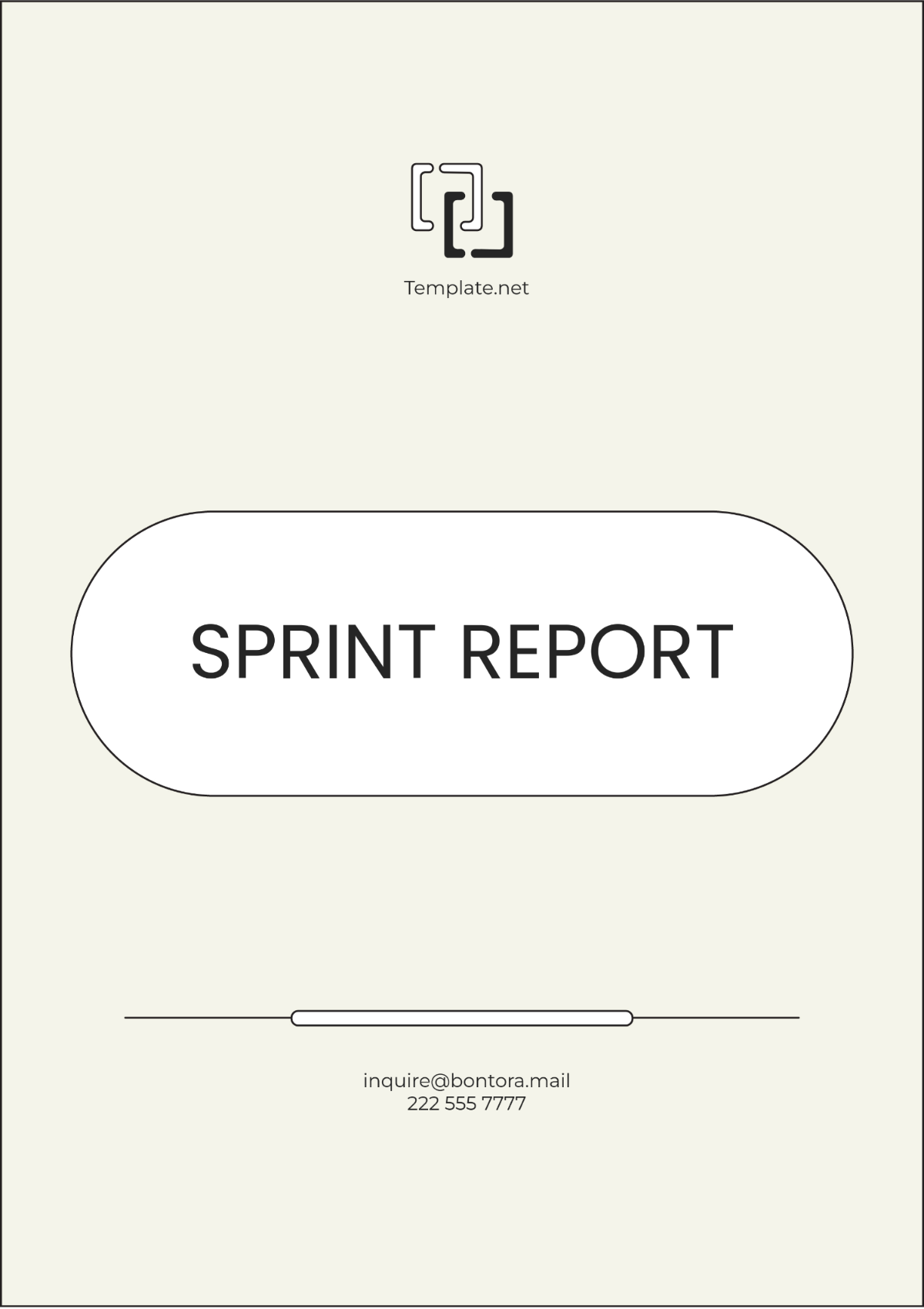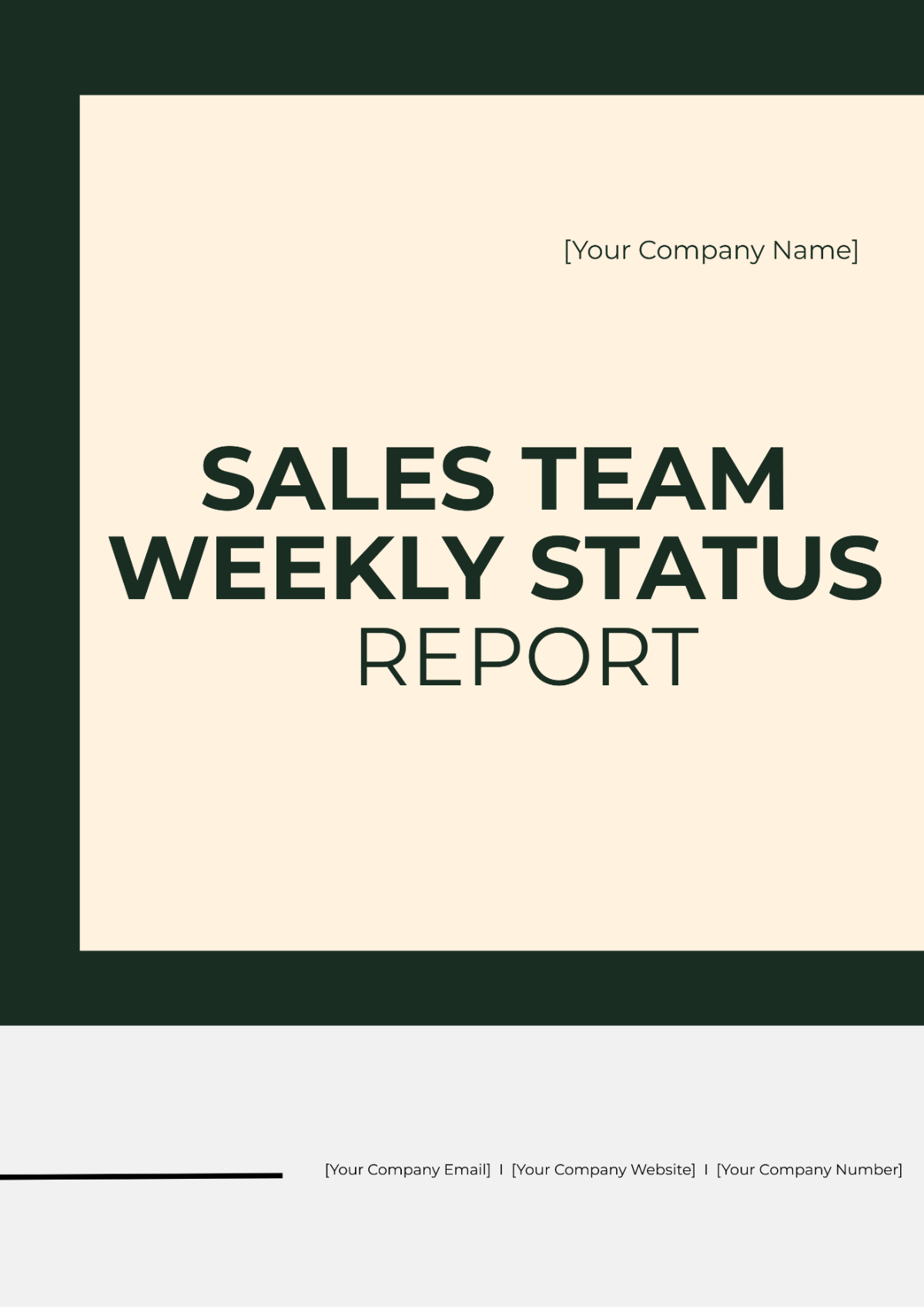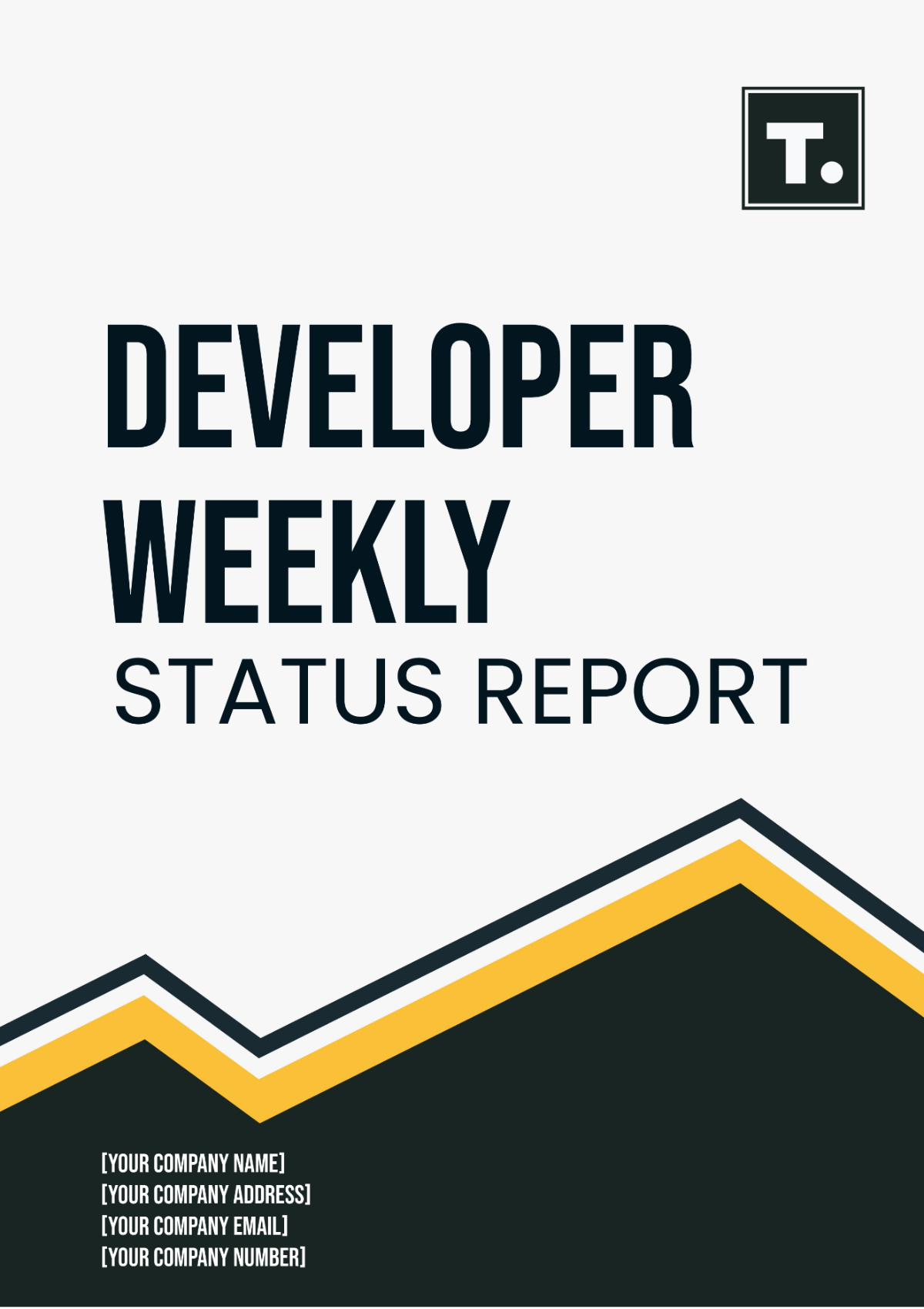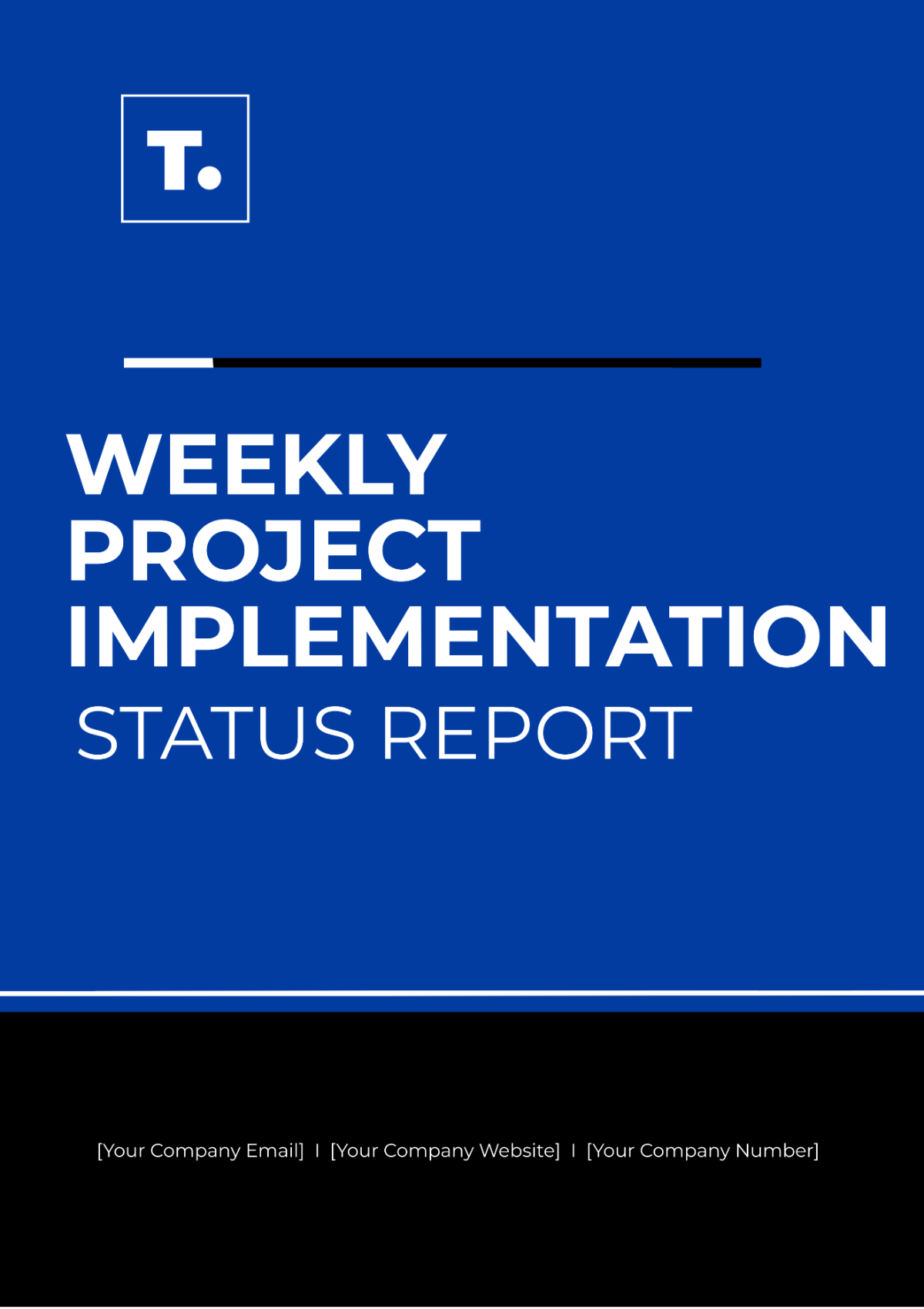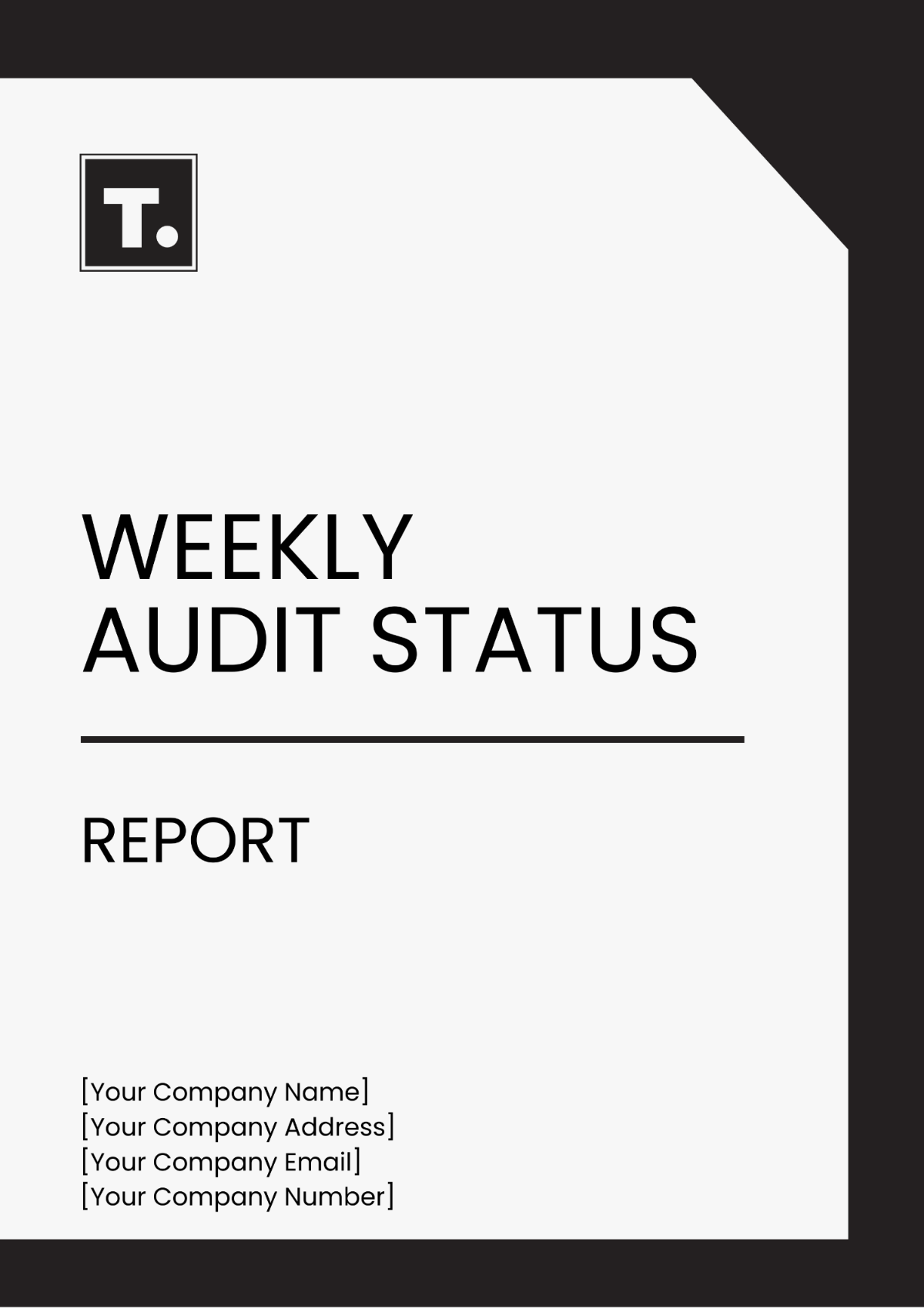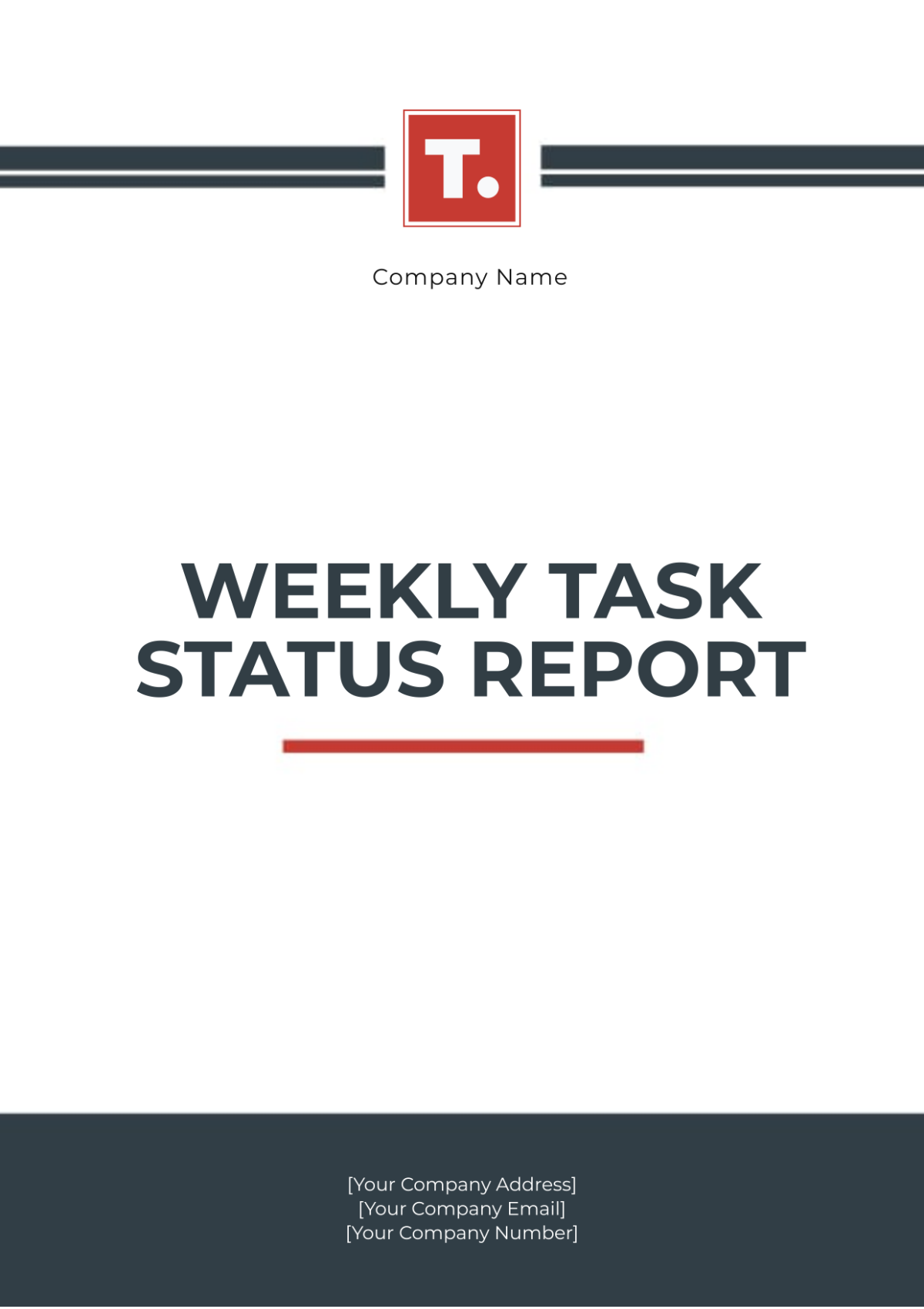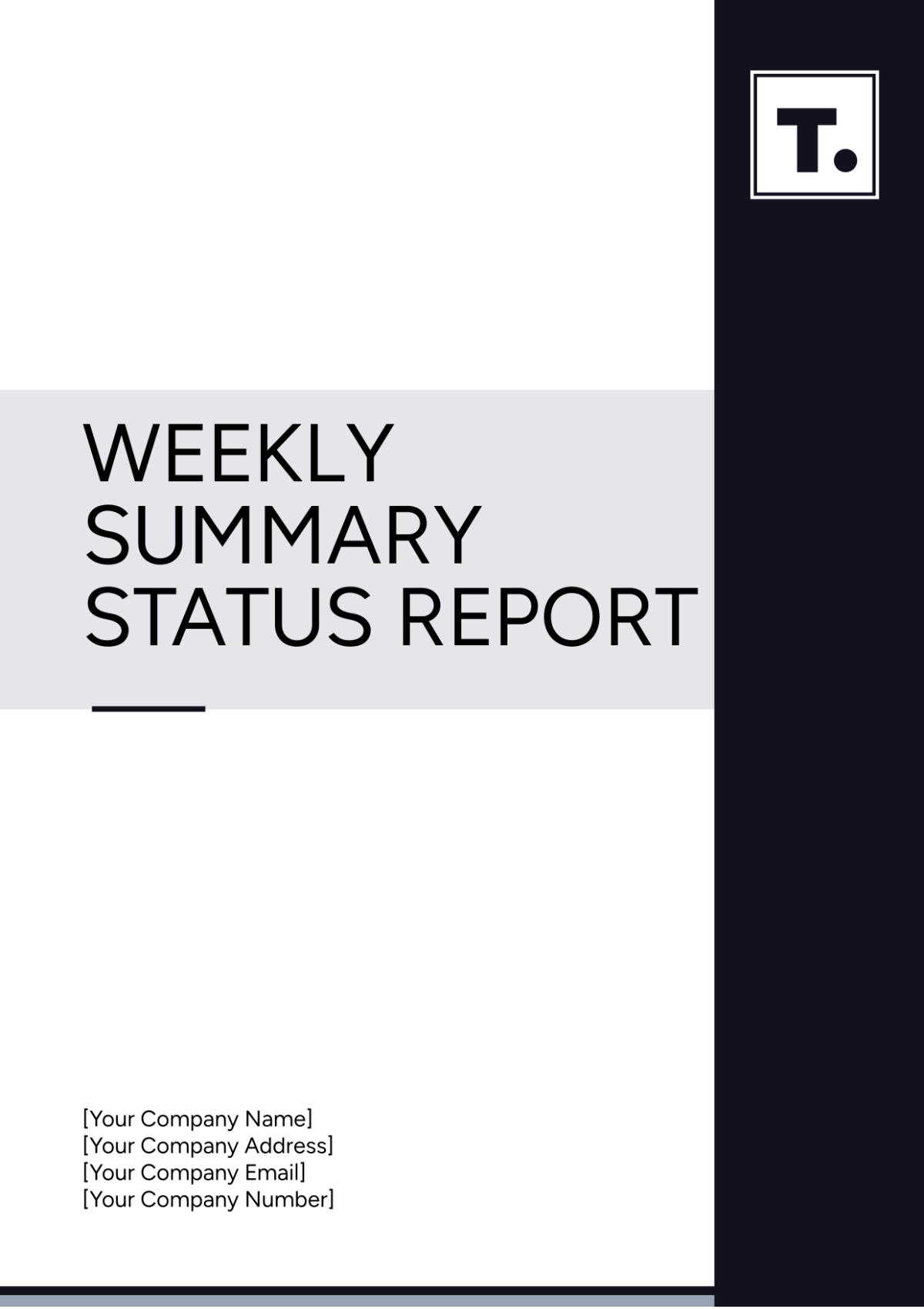Weekly KPI Report Layout
Report Date: [Insert Date]
Reporting Period: [Start Date - End Date]
Report Prepared by: [Name/Department]
1. Executive Summary
Key Highlights:
Brief overview of the most critical outcomes or performance changes in the reporting period.Main Challenges:
Summary of key challenges or areas needing improvement.Opportunities:
Notable opportunities for growth or optimization.
2. KPI Overview
Goal Summary:
Total KPIs Monitored: [Number]
KPIs on Track: [Number / Percentage]
KPIs Needing Attention: [Number / Percentage]
KPIs Off Track: [Number / Percentage]
3. Detailed KPI Breakdown
(Each KPI should be presented in a standard format for consistency)
KPI #1: [KPI Name]
Target: [Expected Value / Target]
Actual: [Current Value]
Variance: [Difference between Target and Actual]
Trend: [Upward / Downward / Stable]
Analysis:
Brief analysis of the KPI’s performance, including causes for deviation, insights, and potential actions.Action Plan:
Steps to improve or maintain KPI performance.
KPI #2: [KPI Name]
Target: [Expected Value / Target]
Actual: [Current Value]
Variance: [Difference between Target and Actual]
Trend: [Upward / Downward / Stable]
Analysis:
Explanation of factors influencing this KPI and actions to address them.Action Plan:
Next steps or recommendations to keep KPI on track or improve it.
(Repeat the same layout for each KPI)
4. Trends and Graphs
Performance Trends:
Provide visualizations such as bar charts, line graphs, or dashboards showing weekly trends for critical KPIs.Comparative Analysis:
Compare the current week’s KPIs with the previous week’s or other time periods for a quick overview of changes.
5. Action Items & Recommendations
Immediate Actions:
List of urgent actions to be taken to address underperforming KPIs.Long-Term Recommendations:
Strategic recommendations for sustainable improvement or growth.
6. Risks & Issues
Current Risks:
Highlight any risks that could negatively affect future performance.Mitigation Plans:
Outline mitigation or contingency plans for identified risks.
7. Additional Notes
Context:
Include any relevant context or external factors impacting performance (e.g., market trends, seasonality).Comments:
Open space for additional comments or feedback from team members.
Appendix (Optional)
Definitions:
Include a glossary of terms or definitions for KPIs if needed.Data Sources:
Specify where the data is coming from, ensuring transparency.
